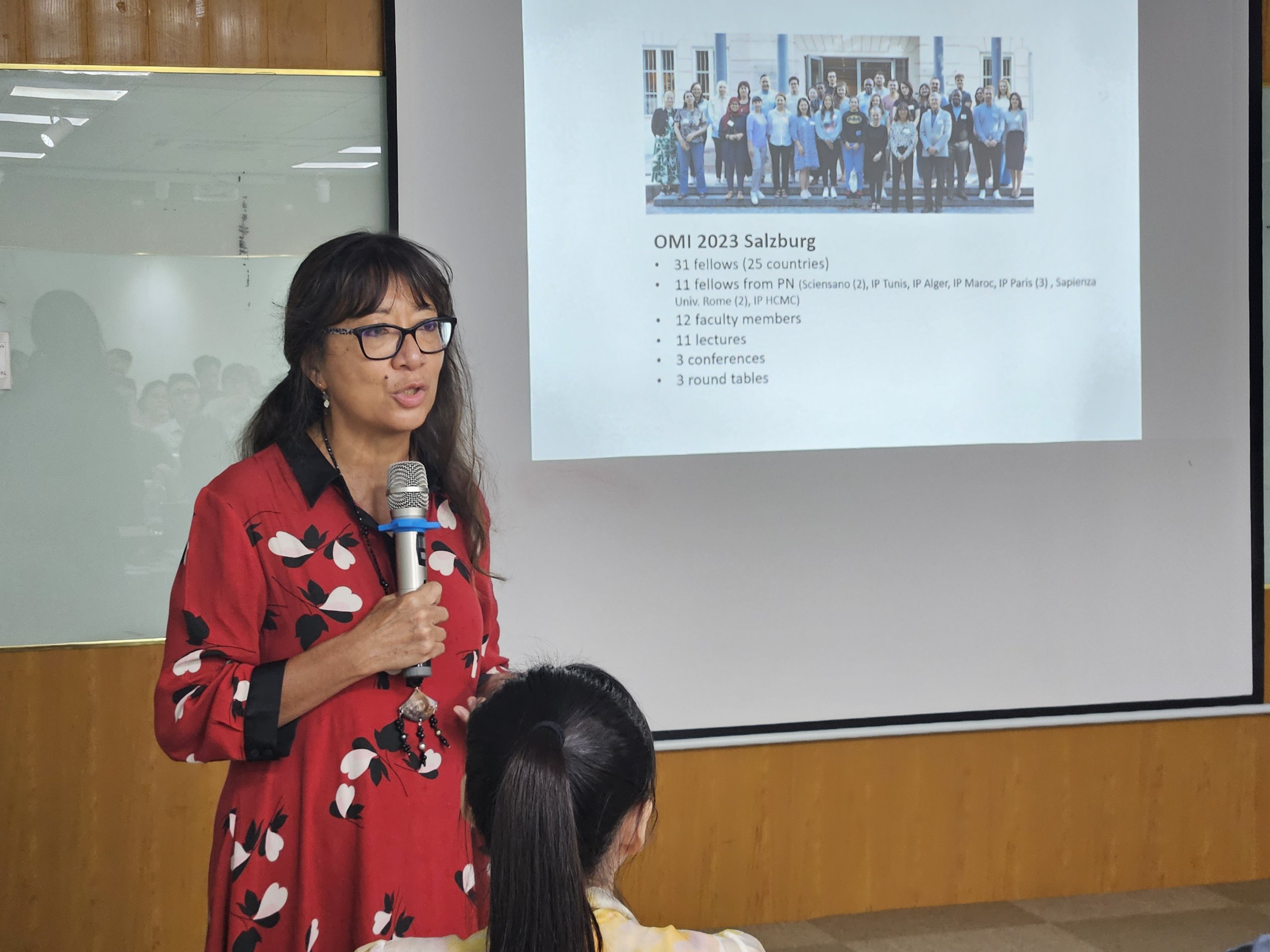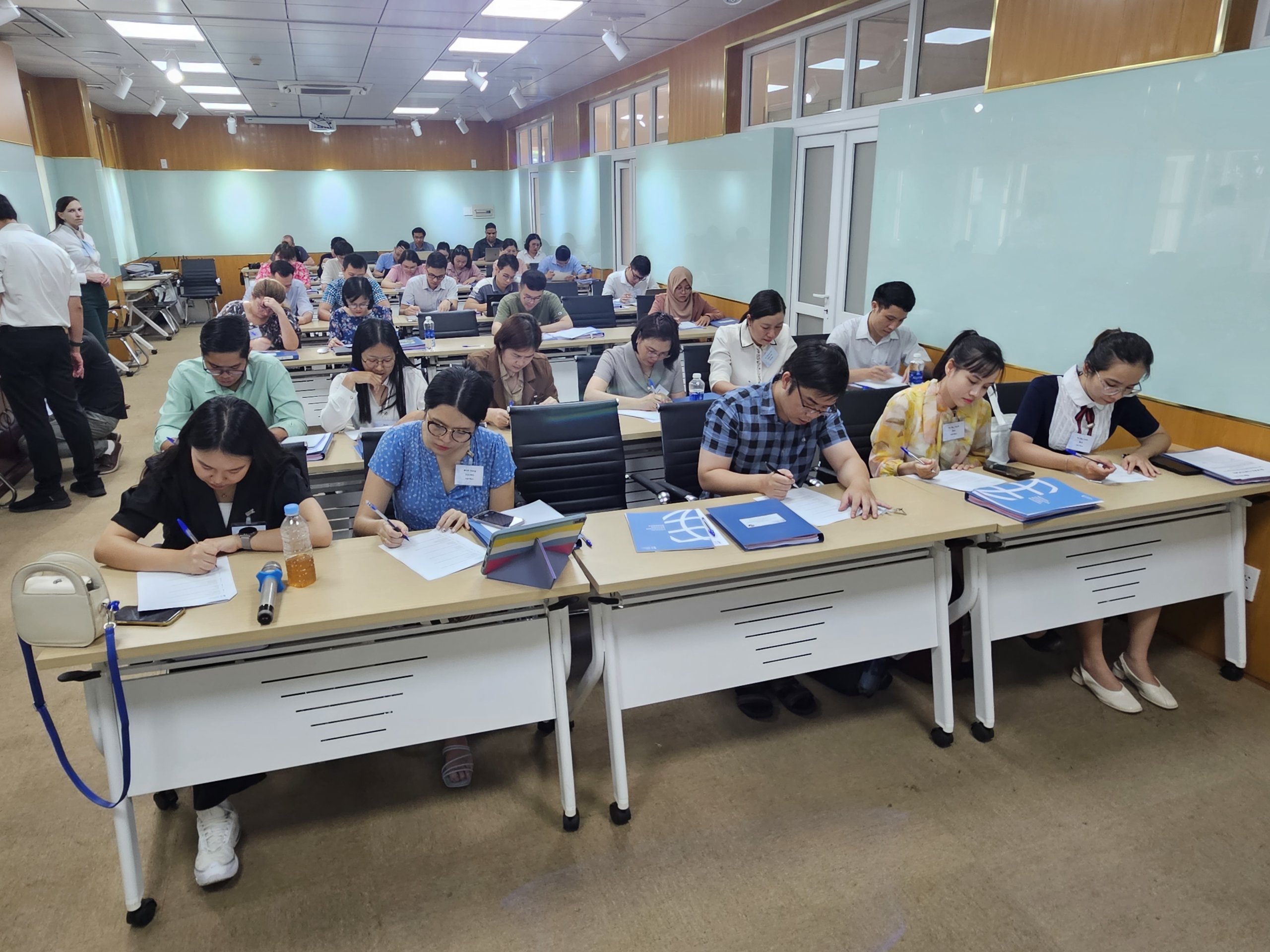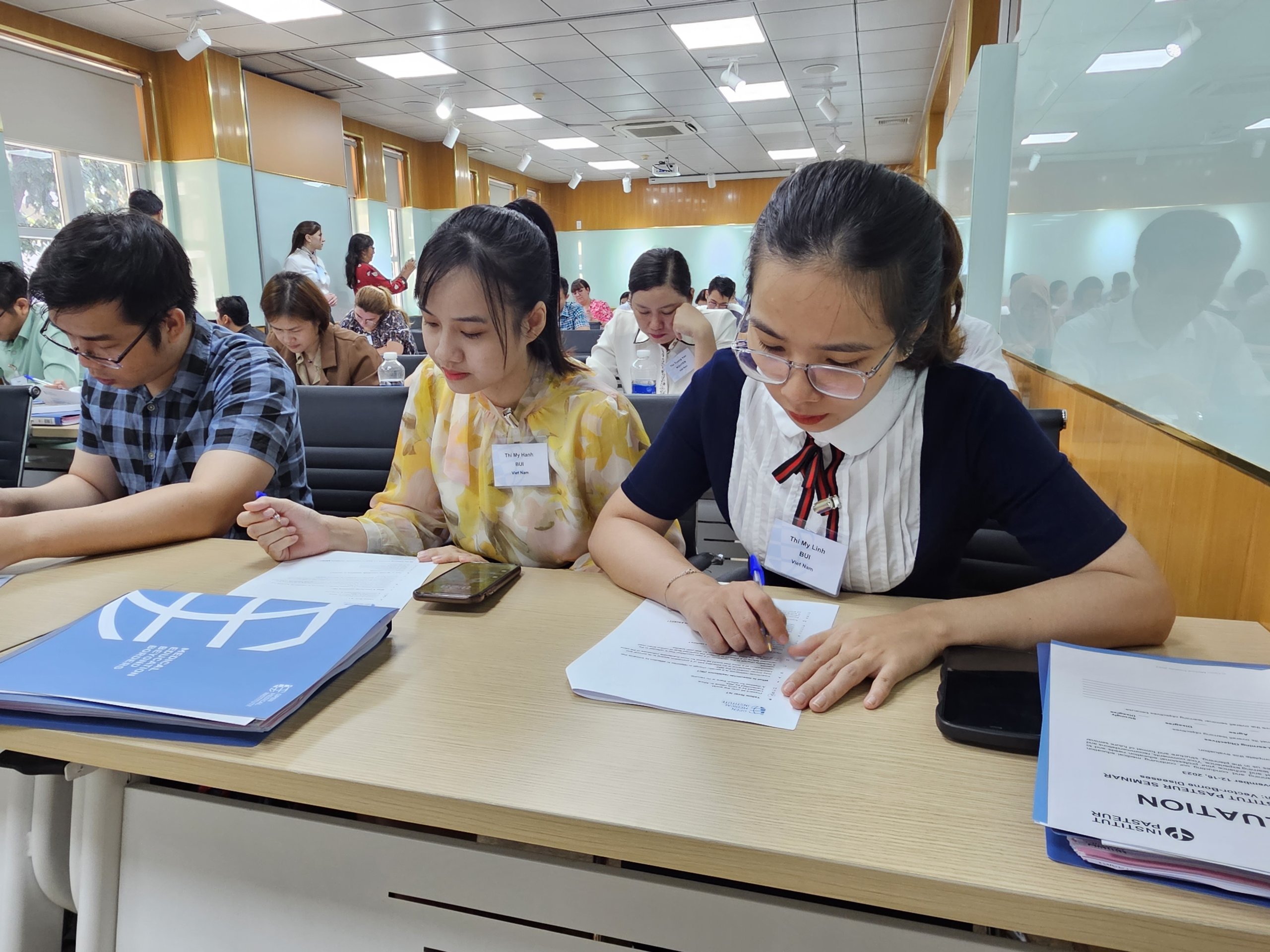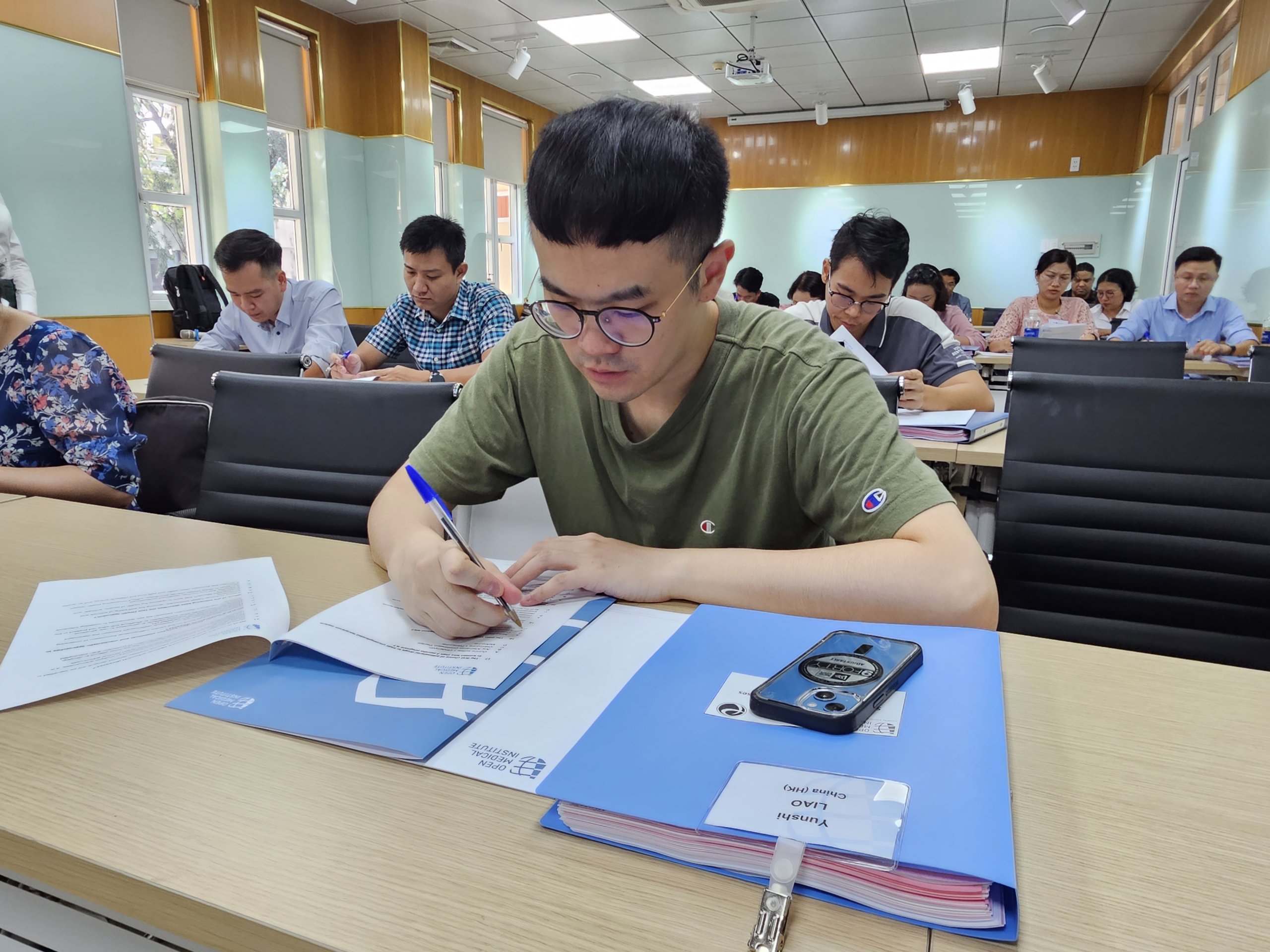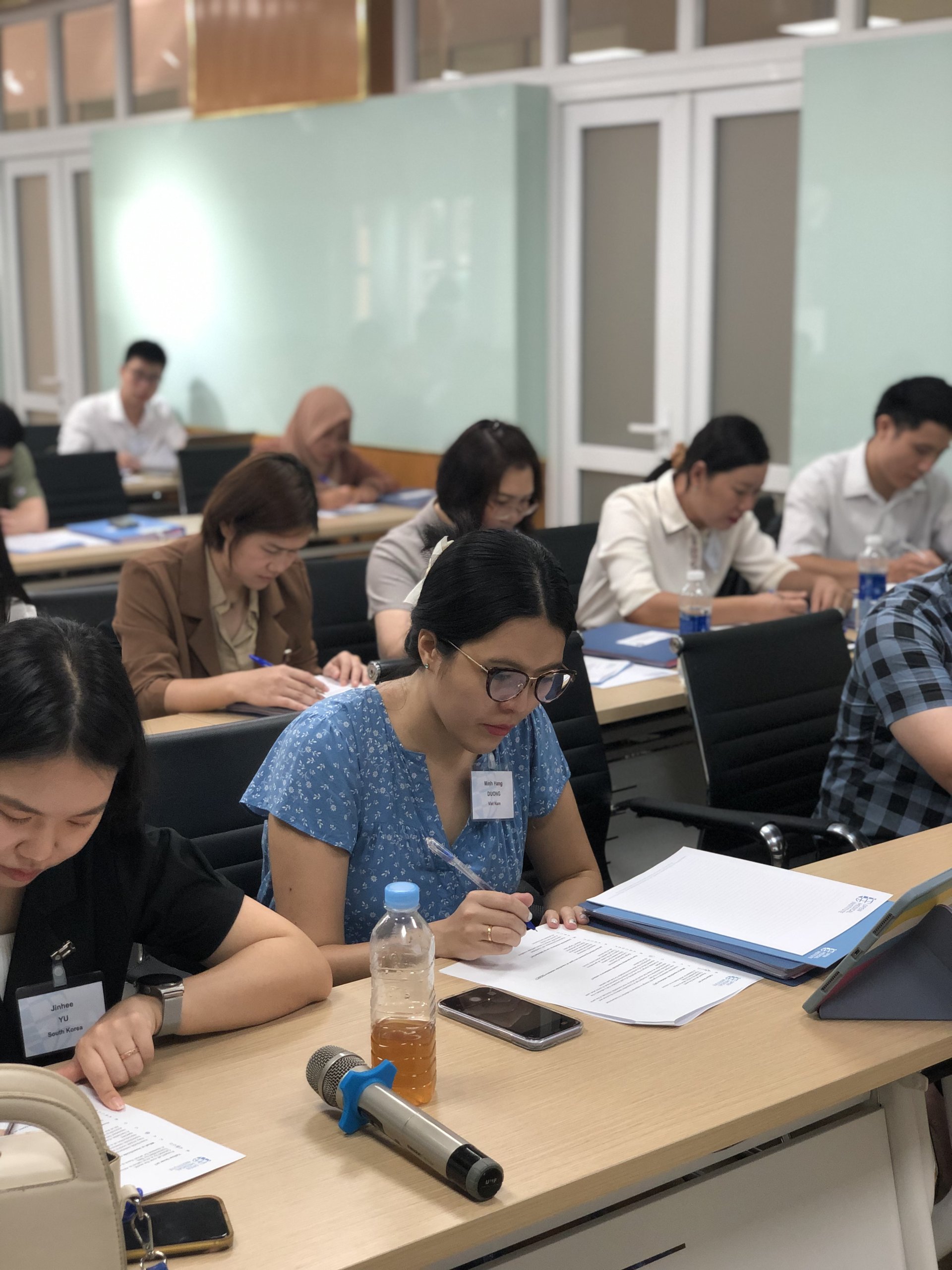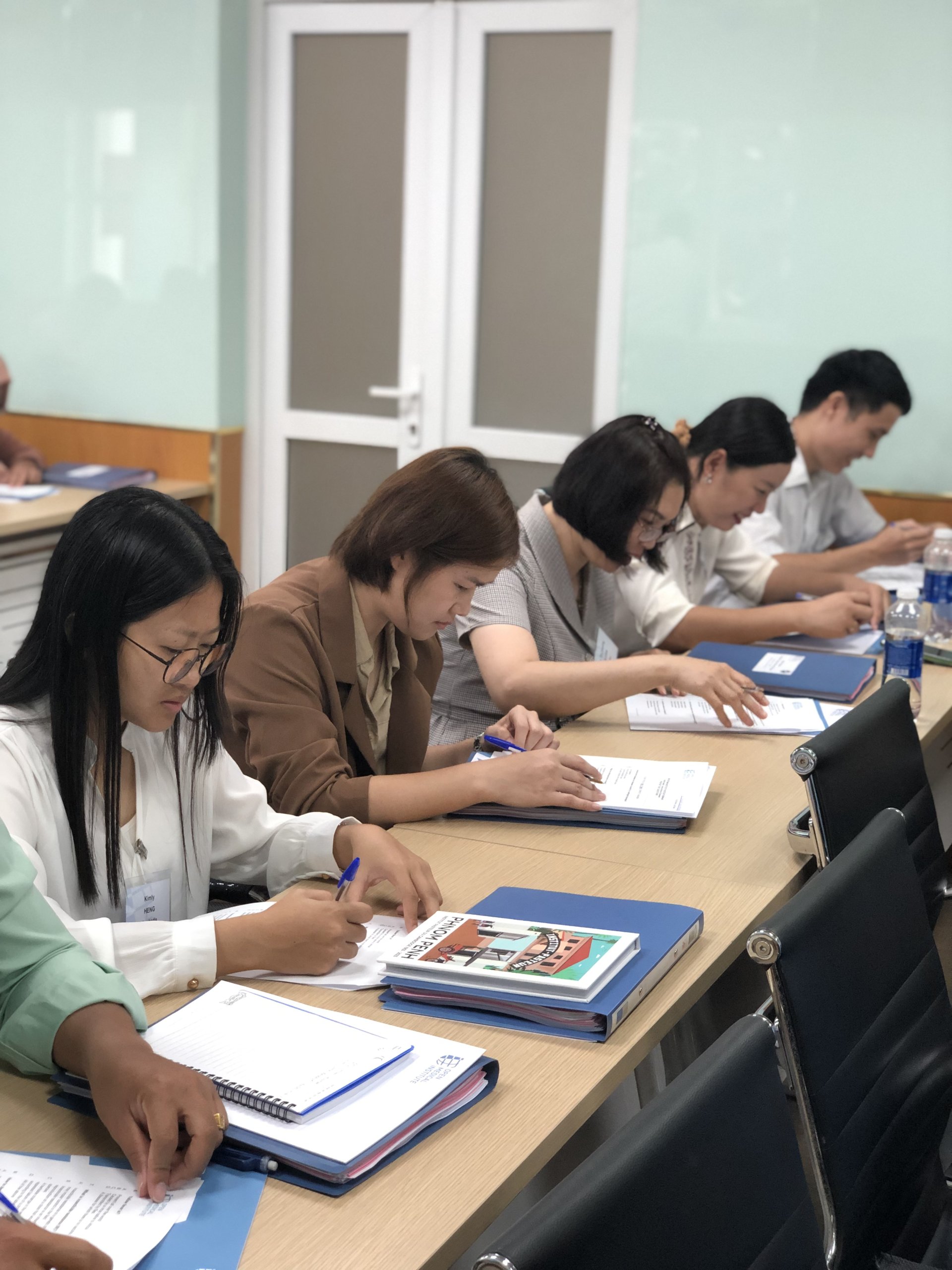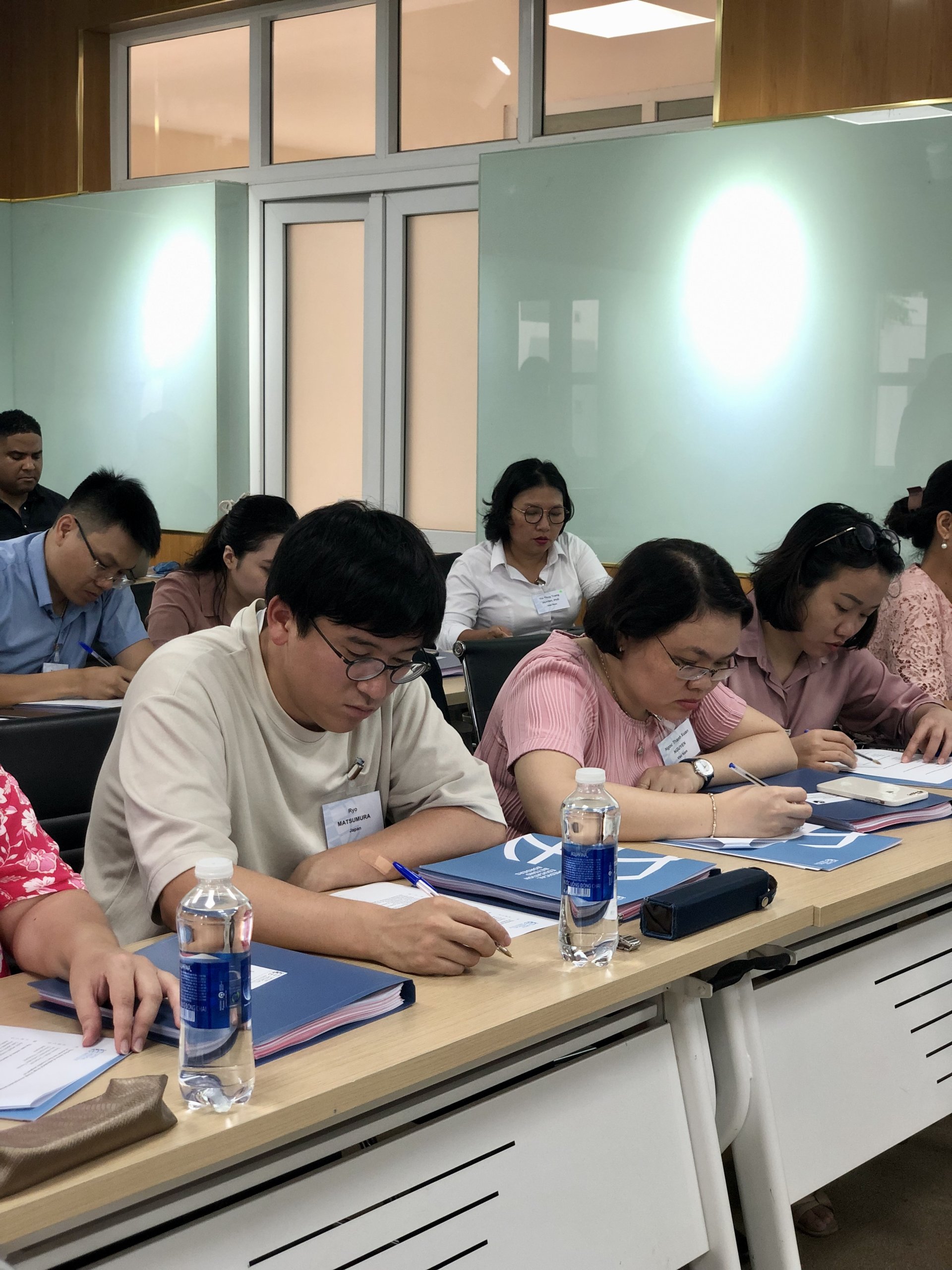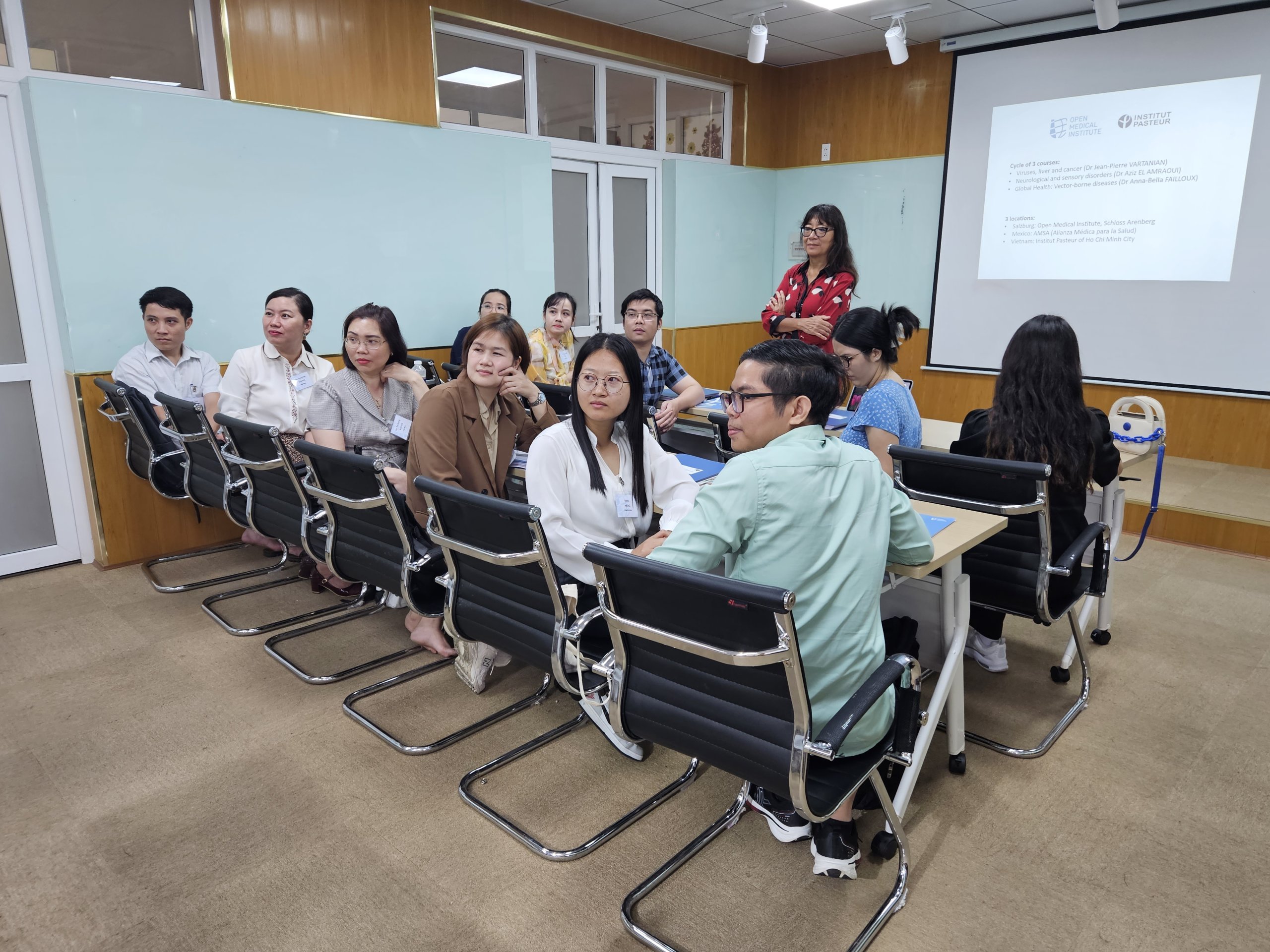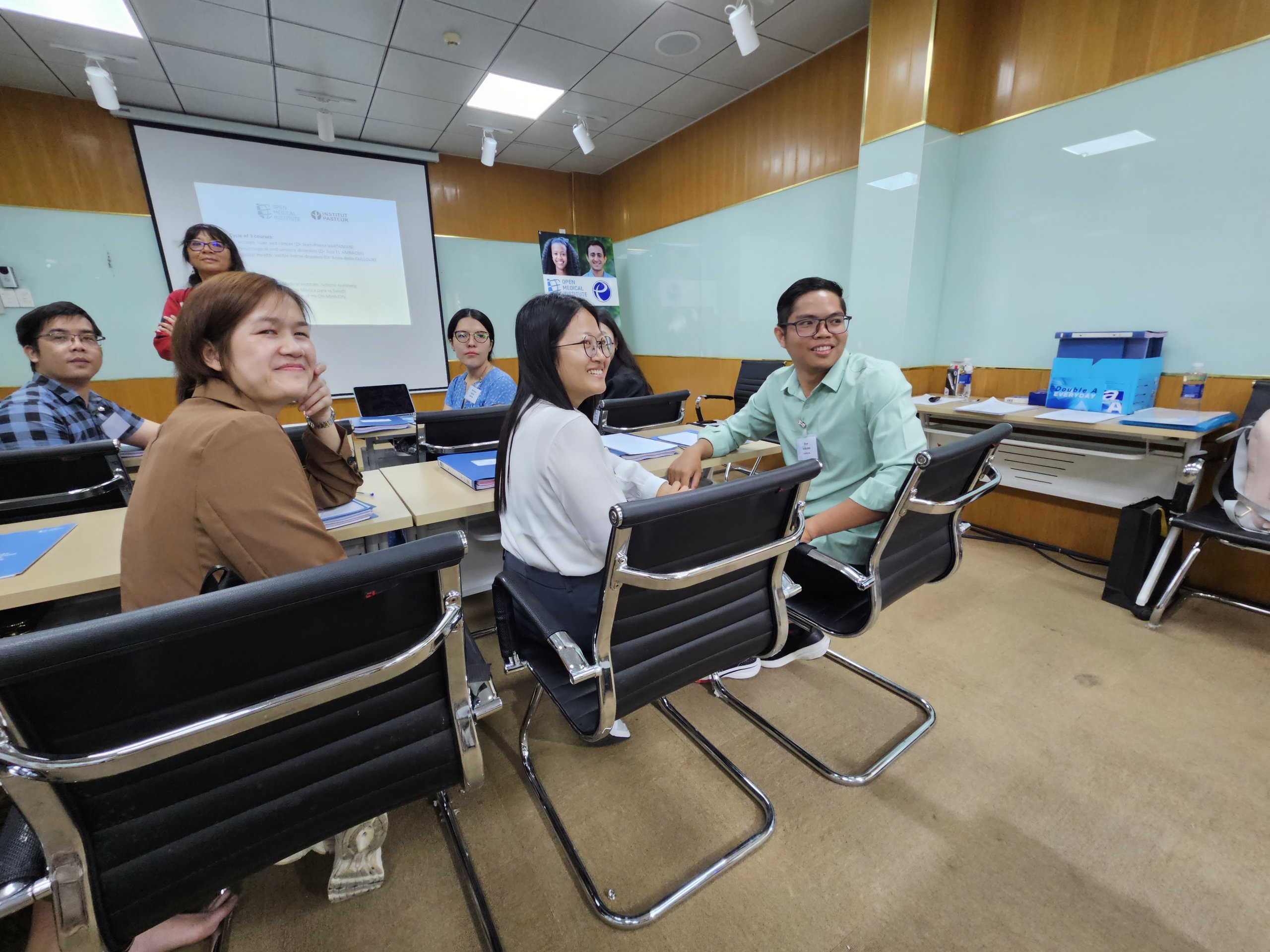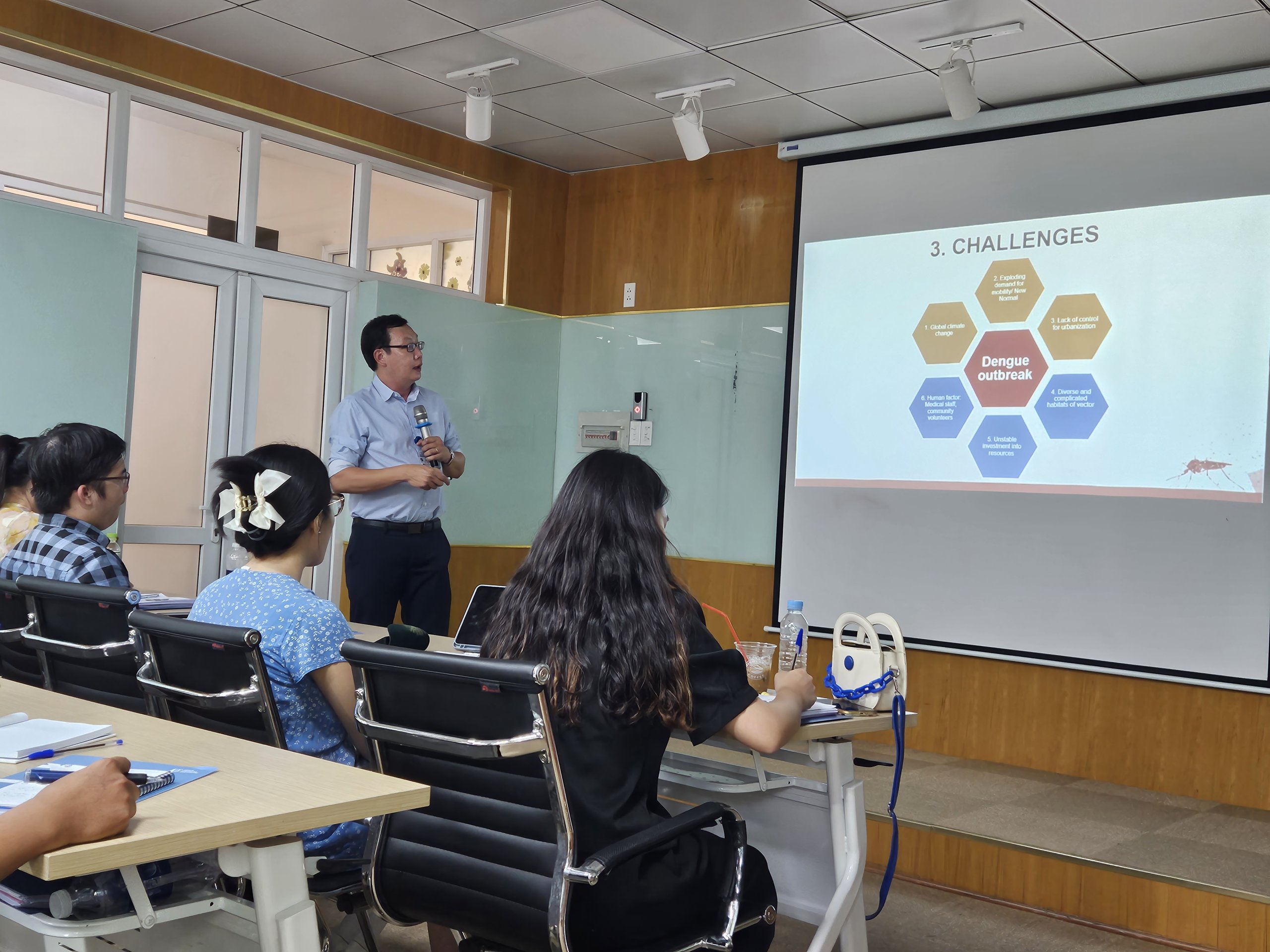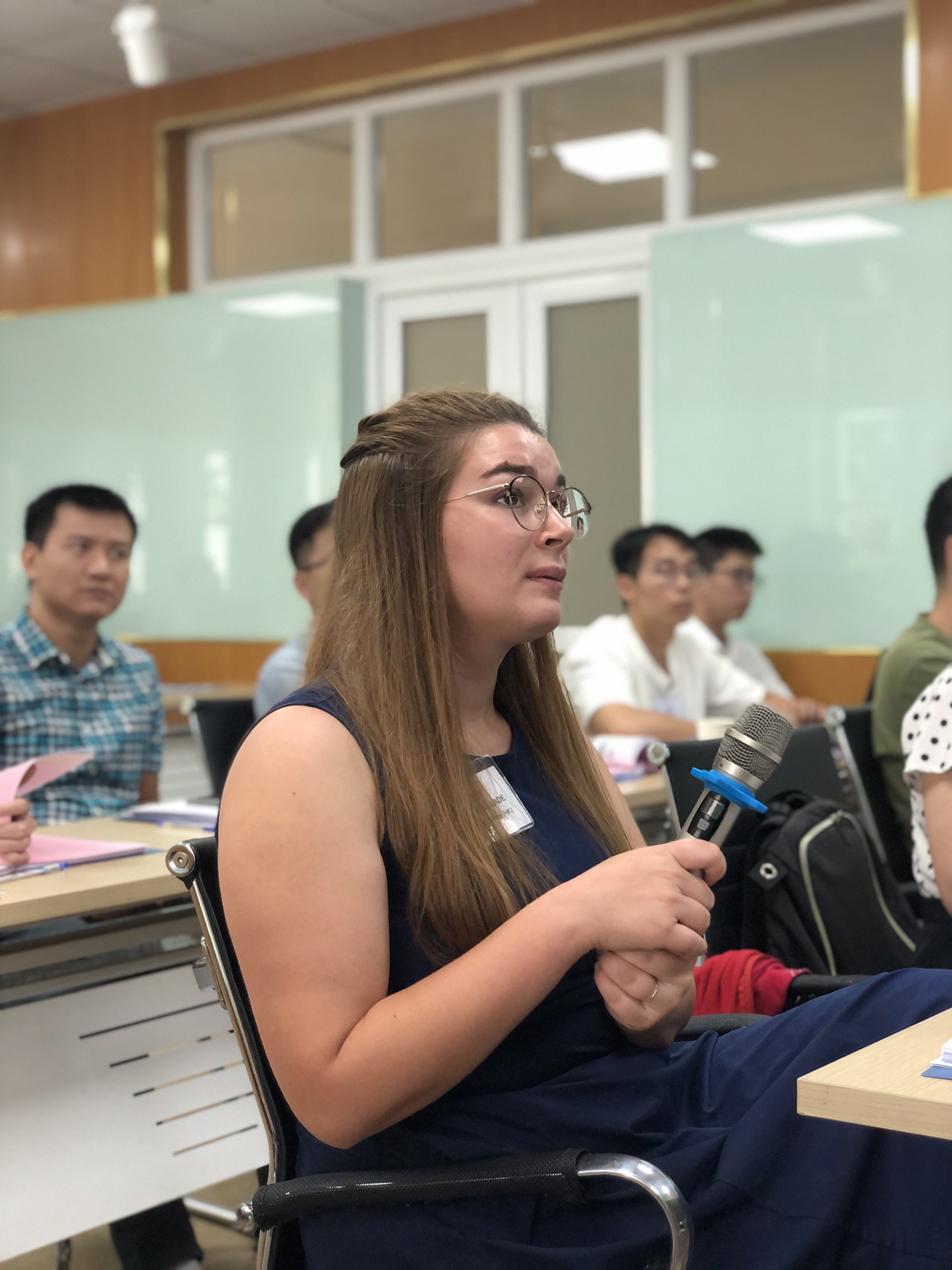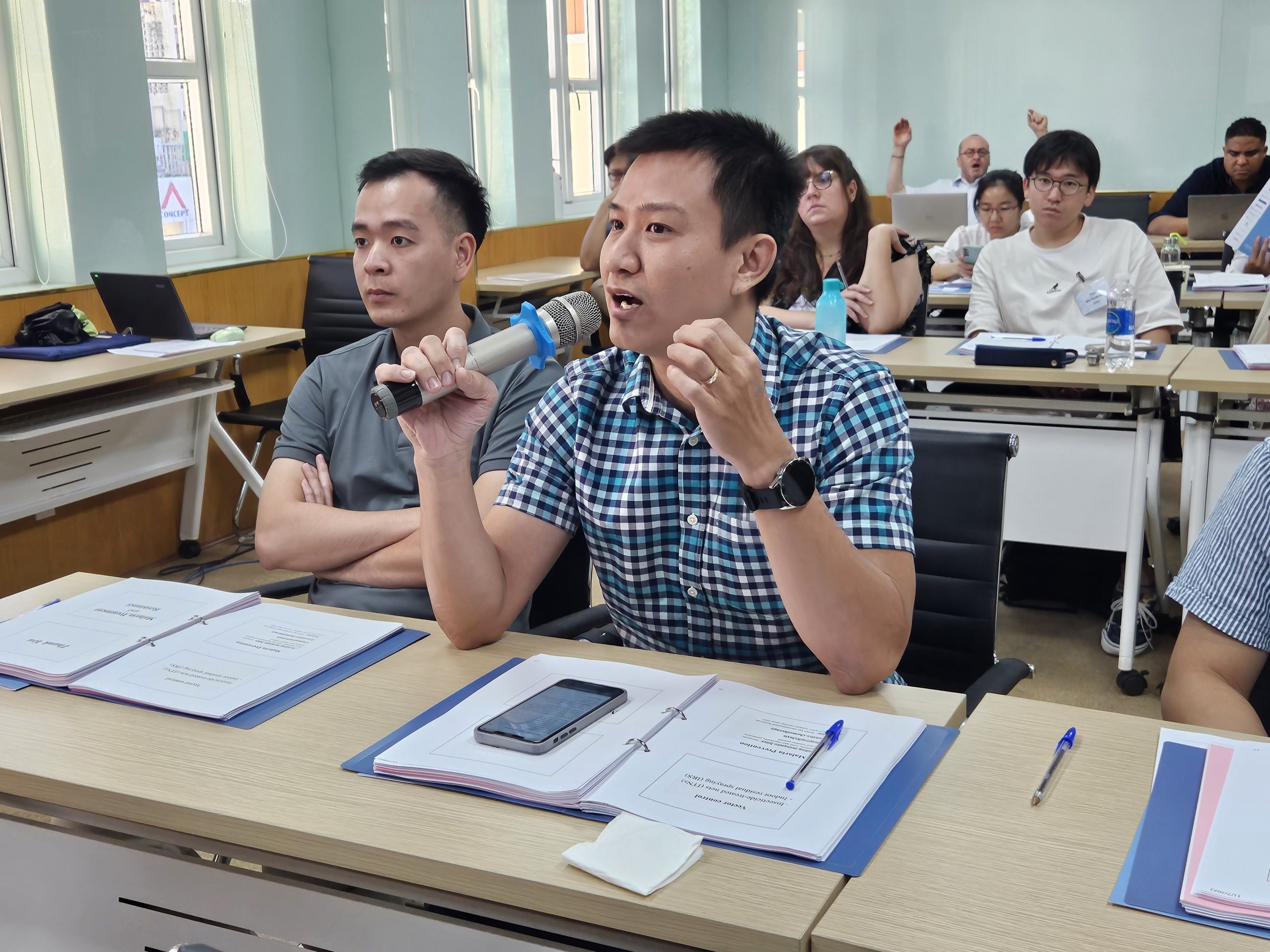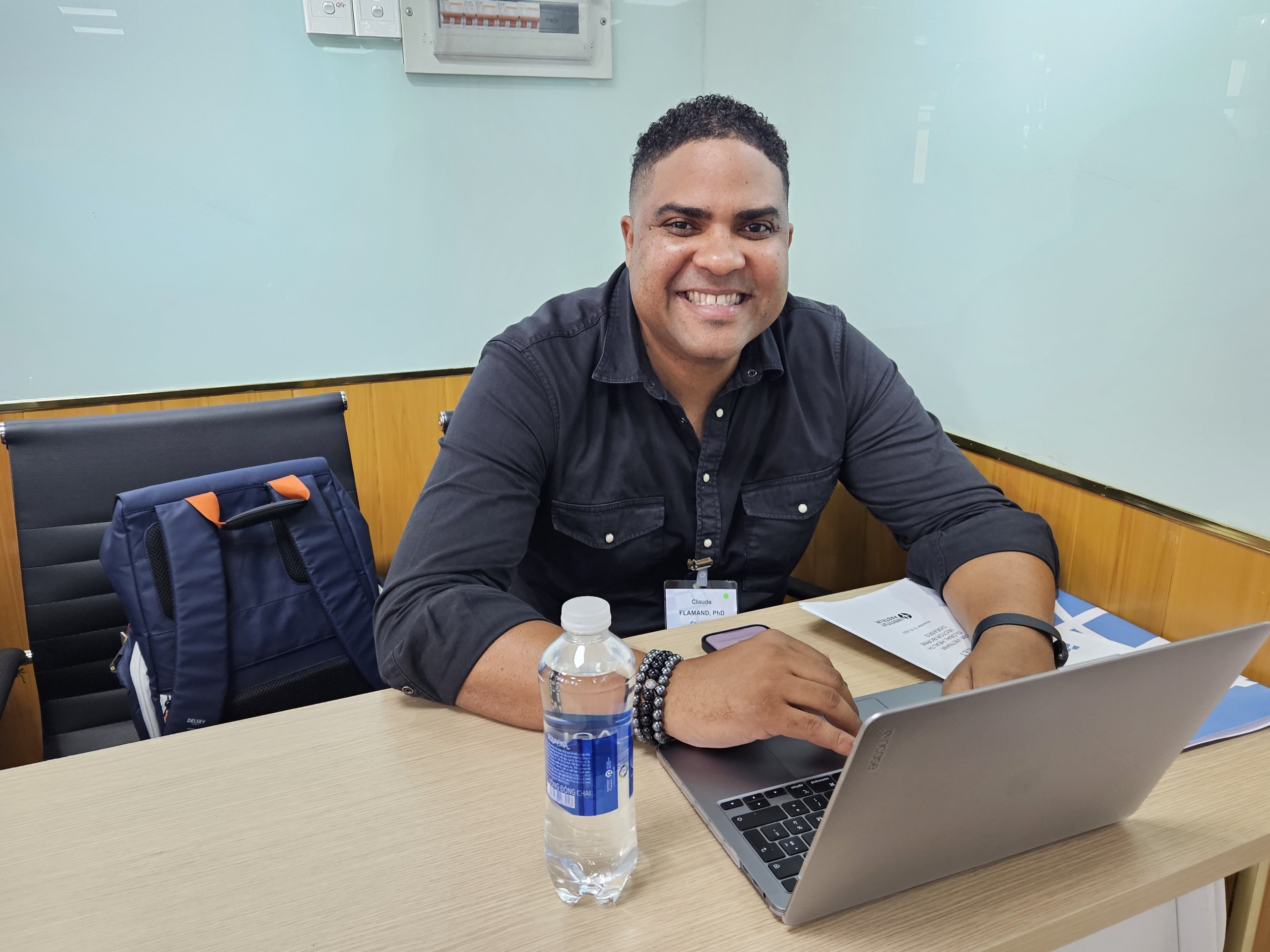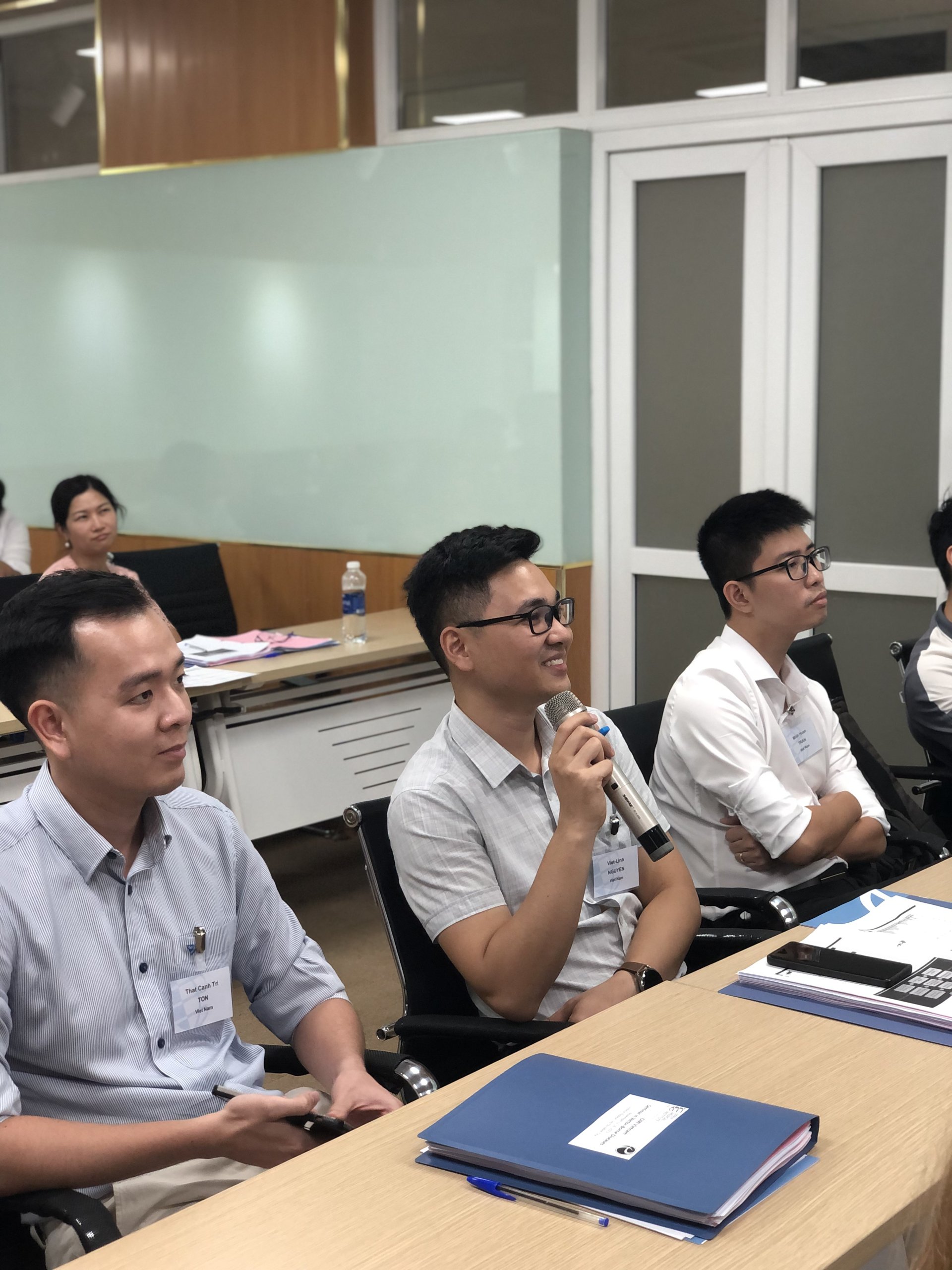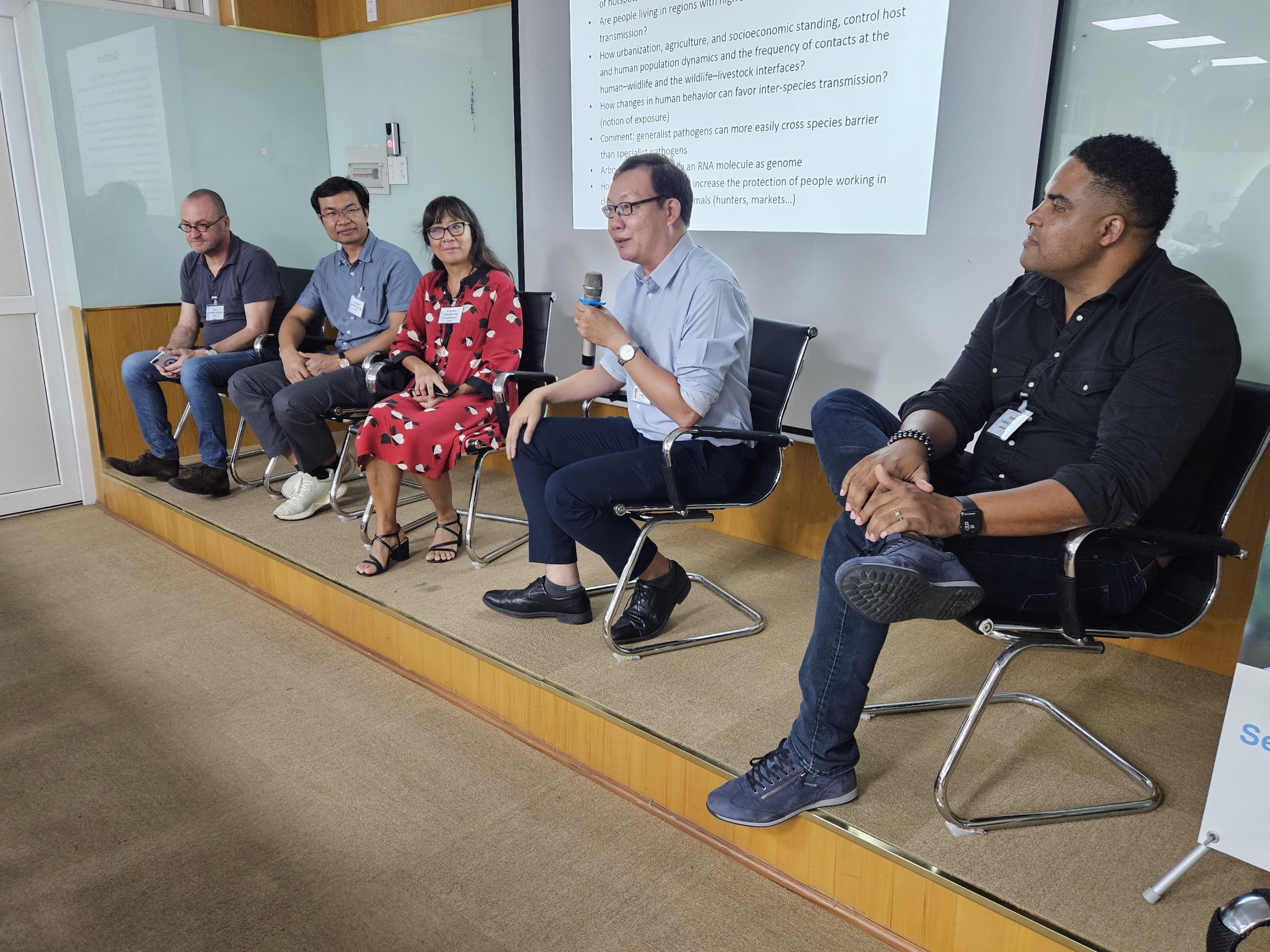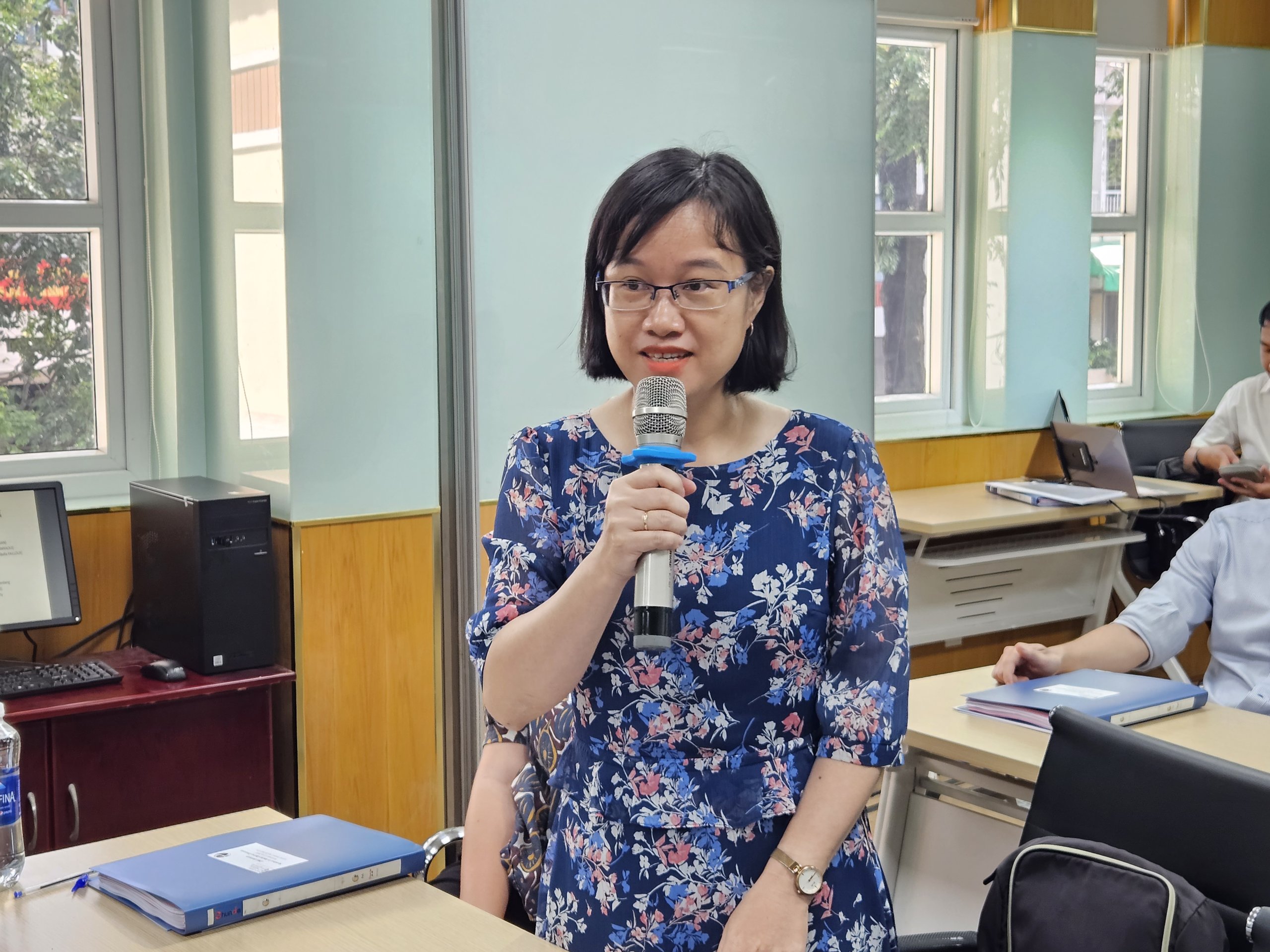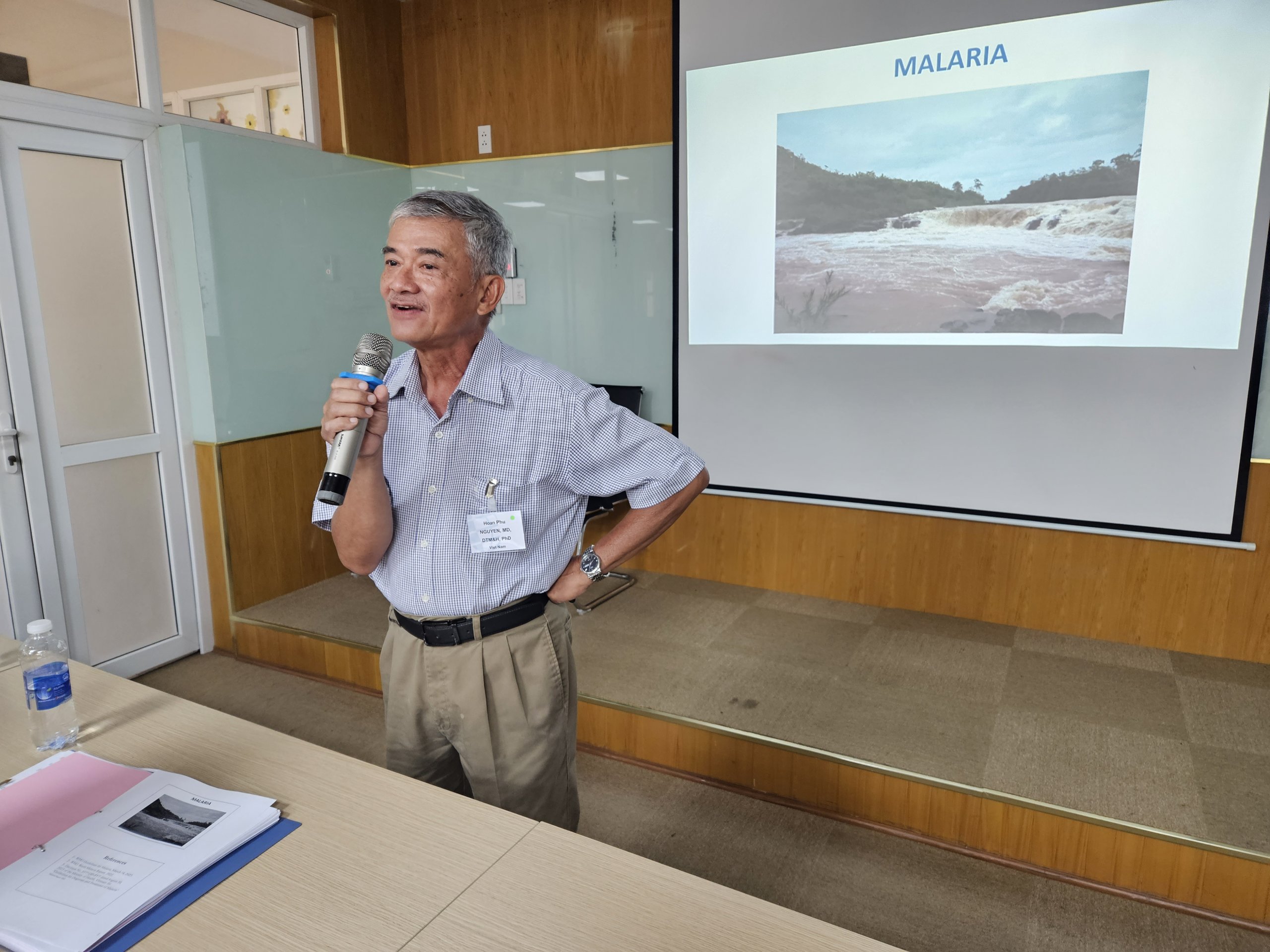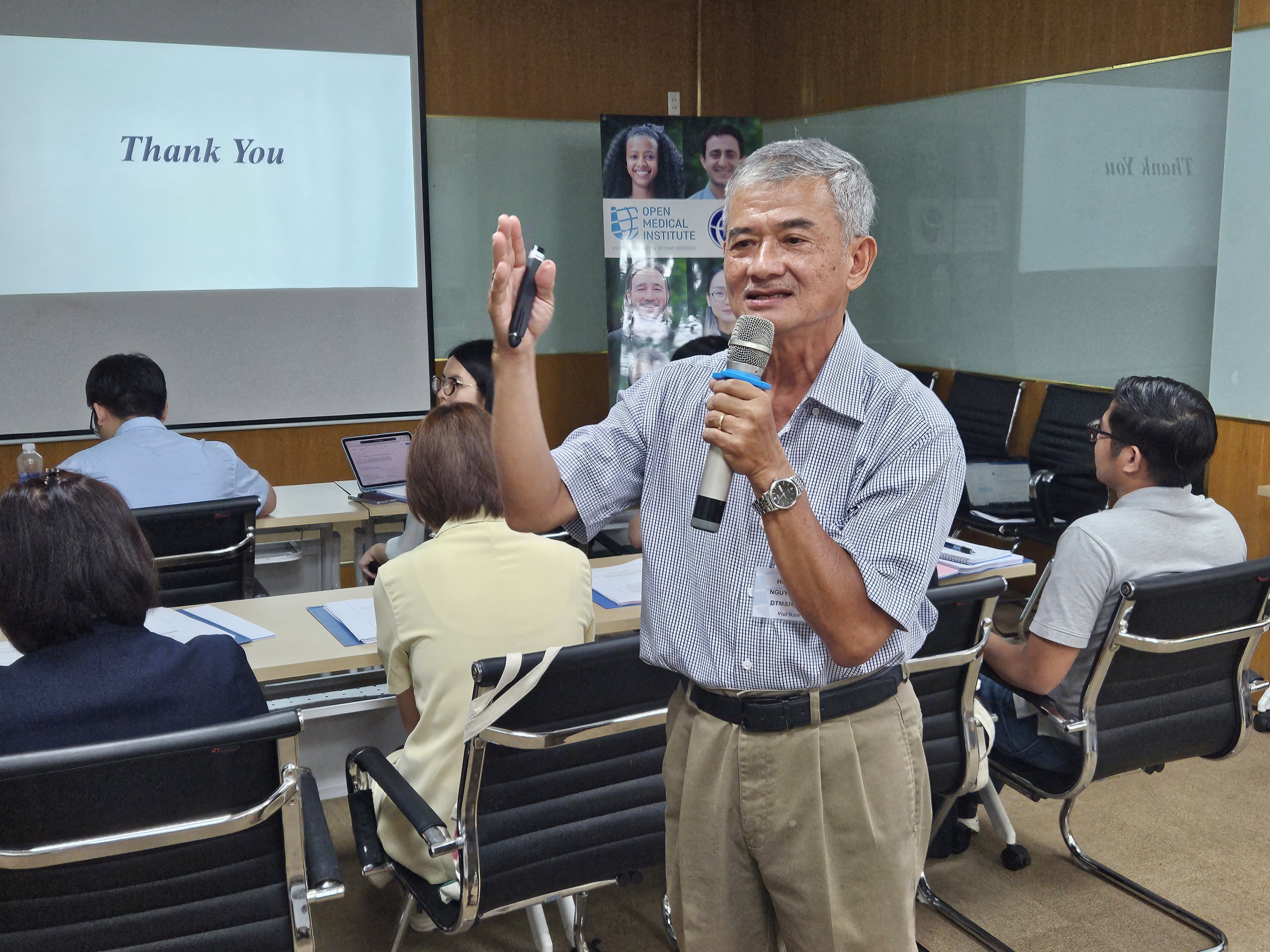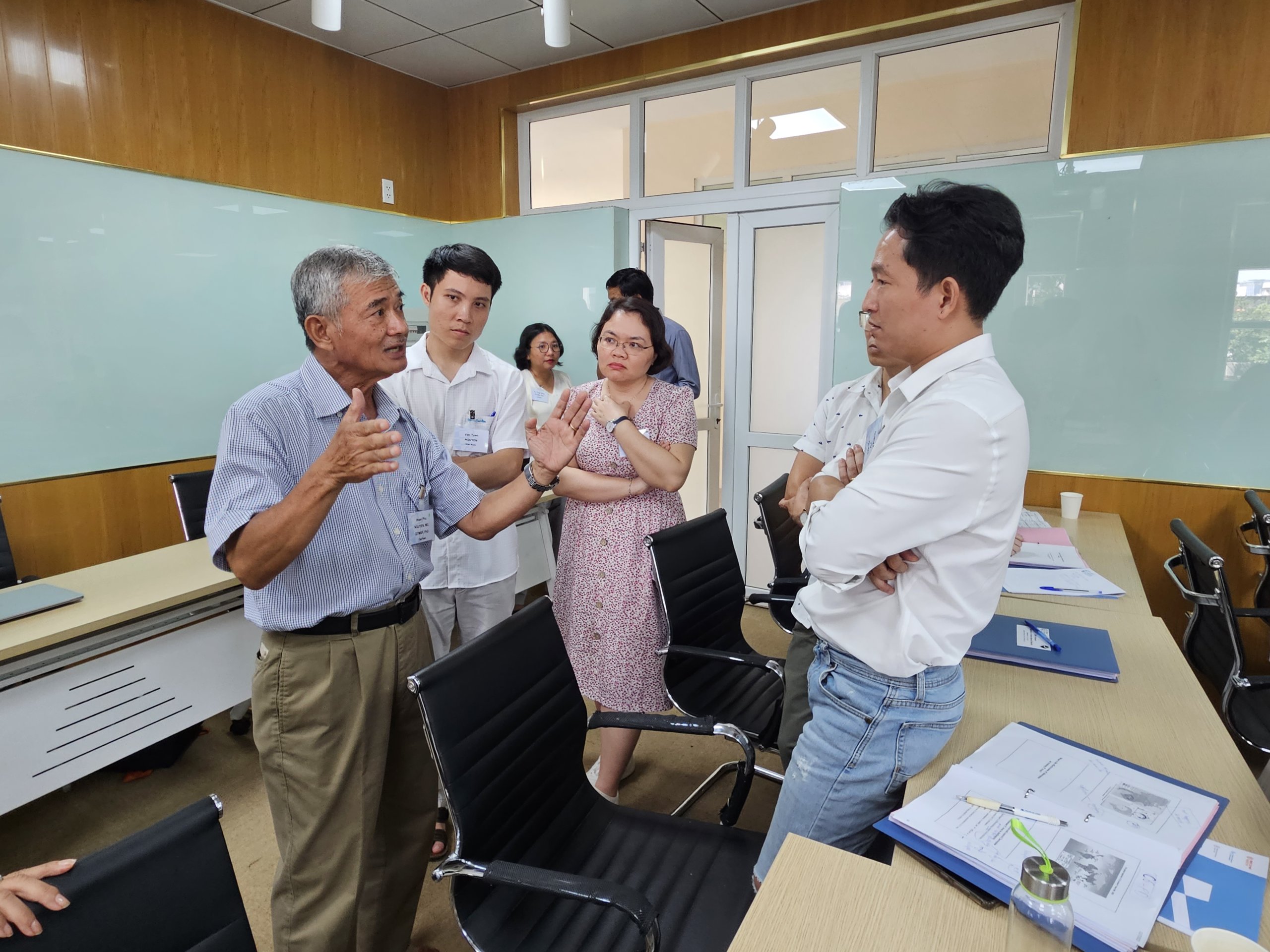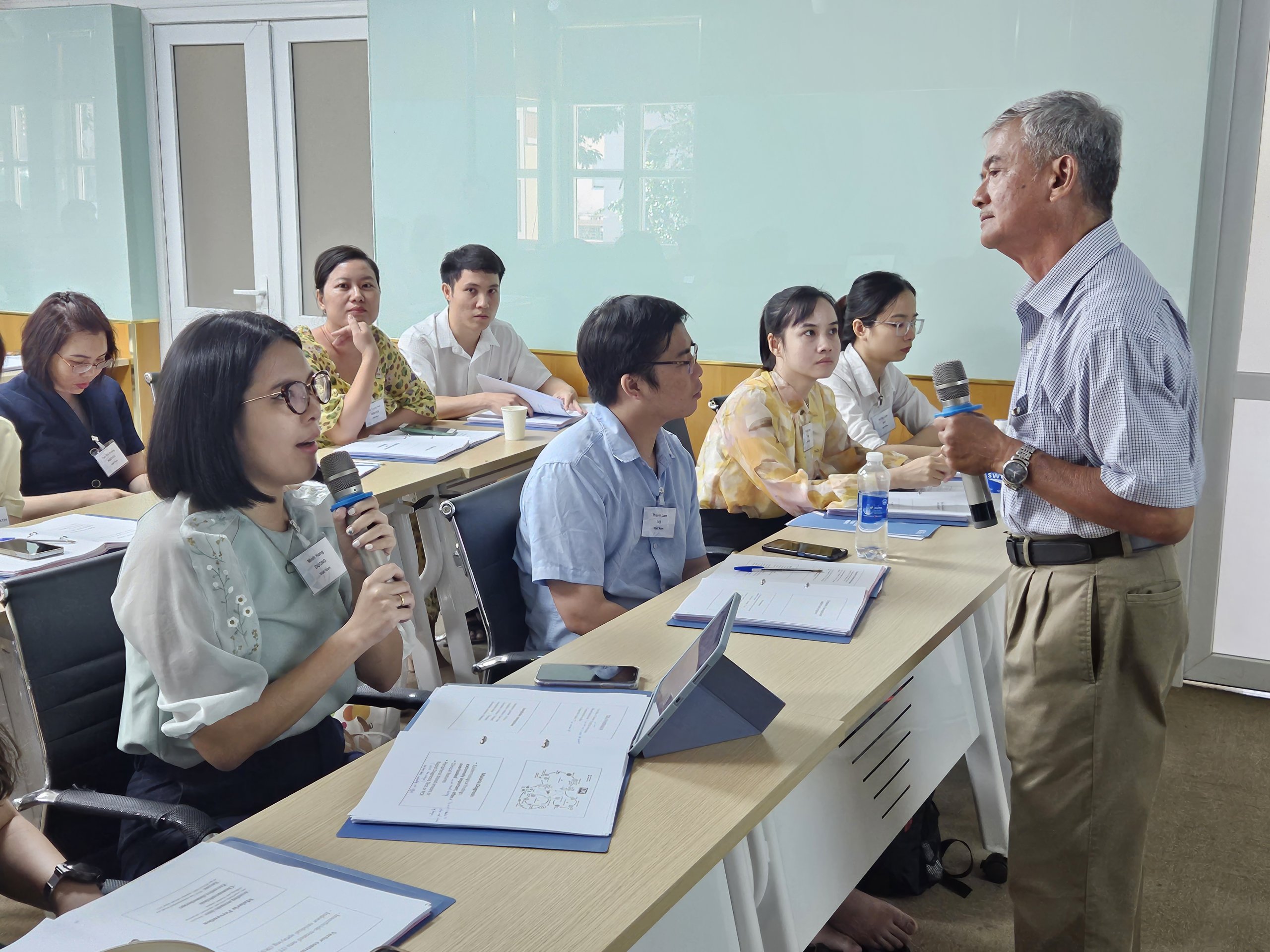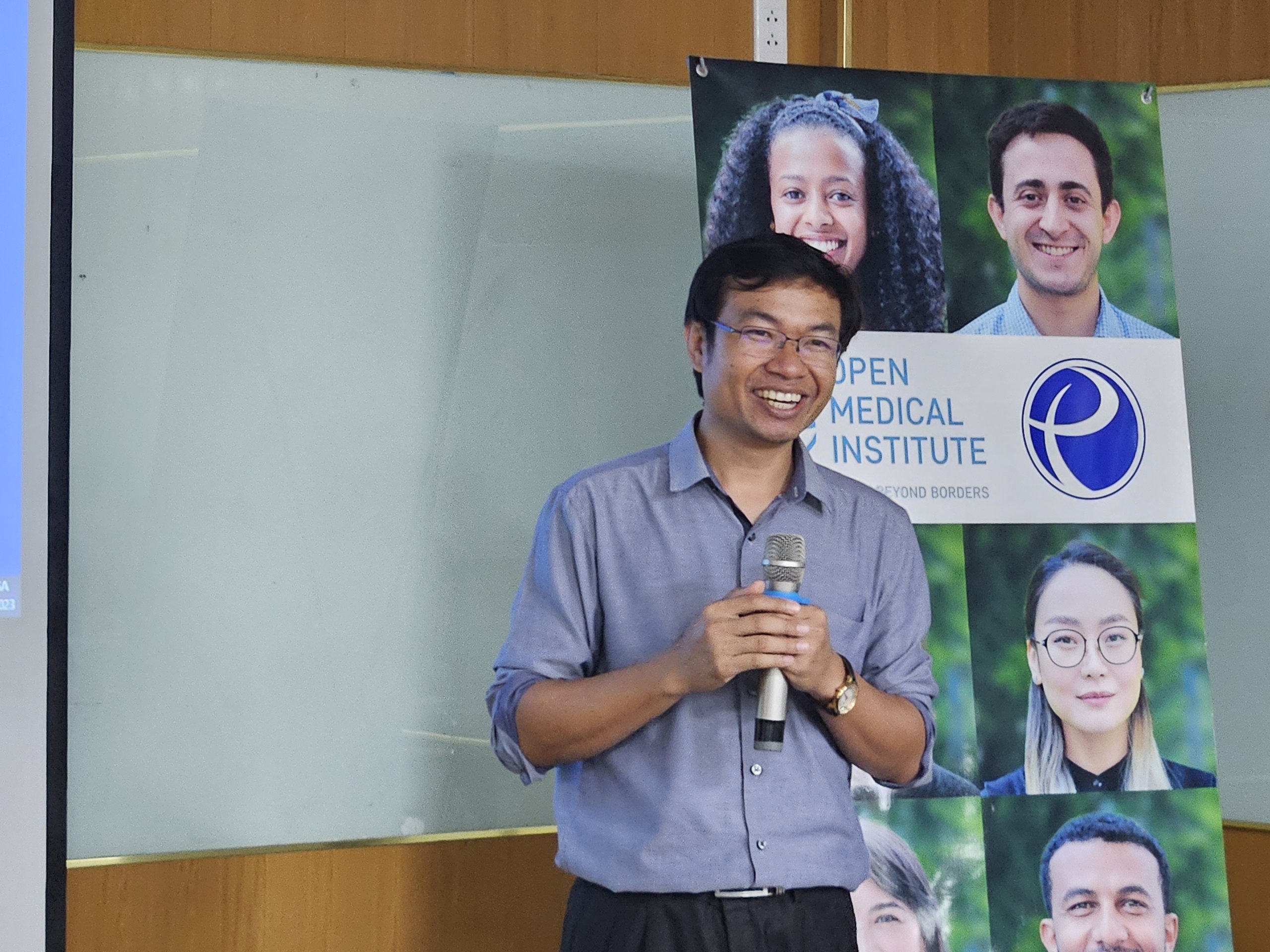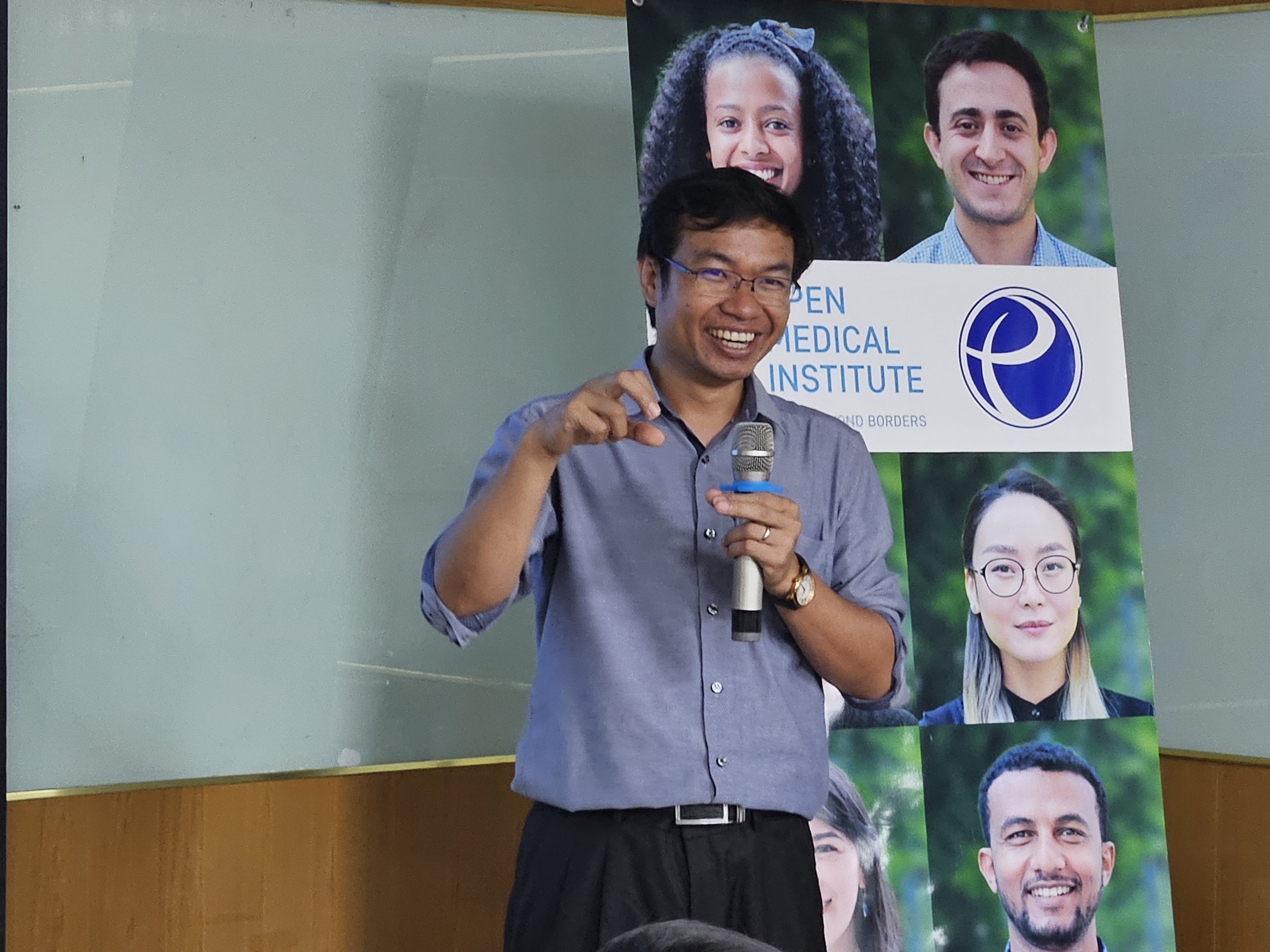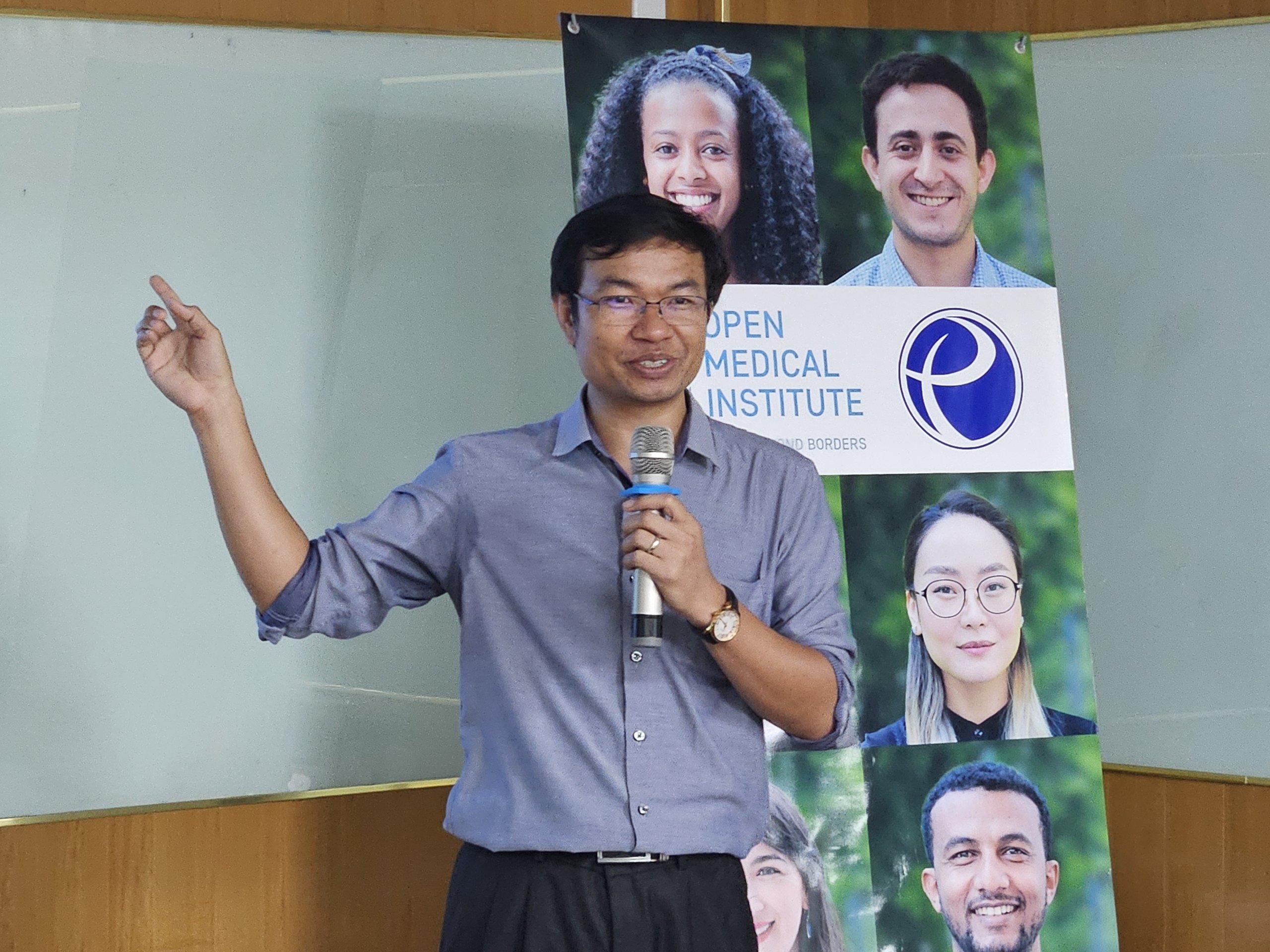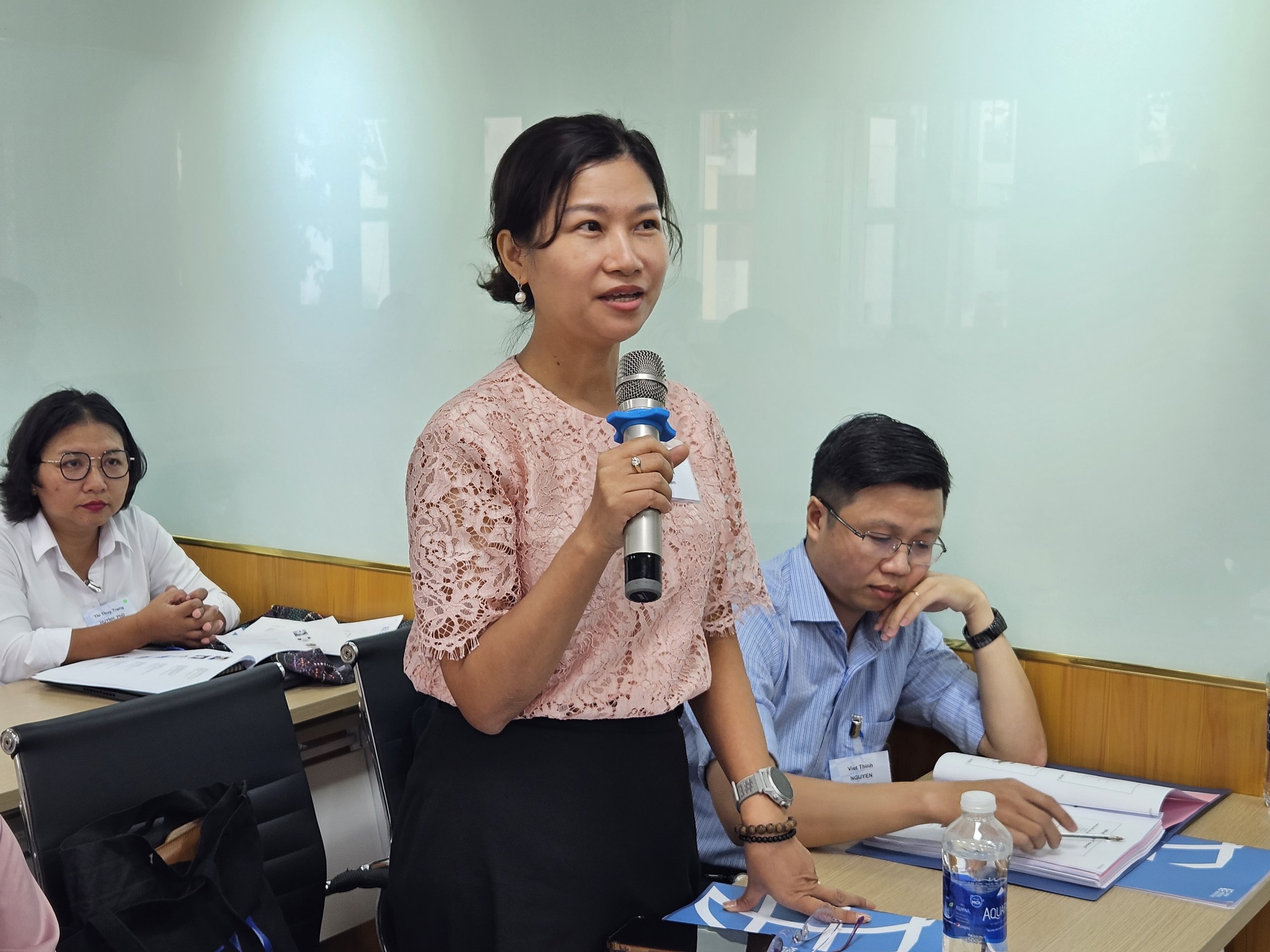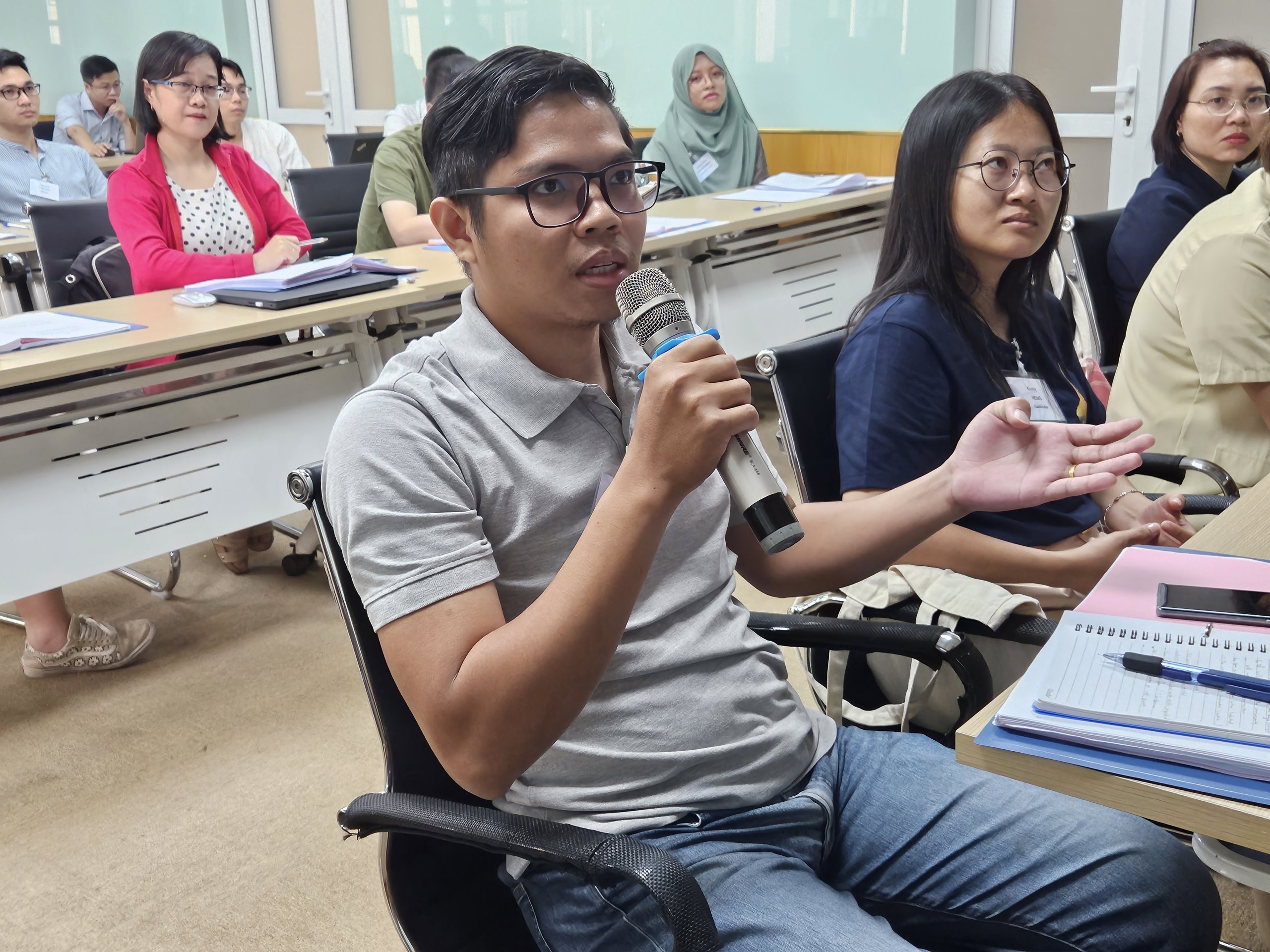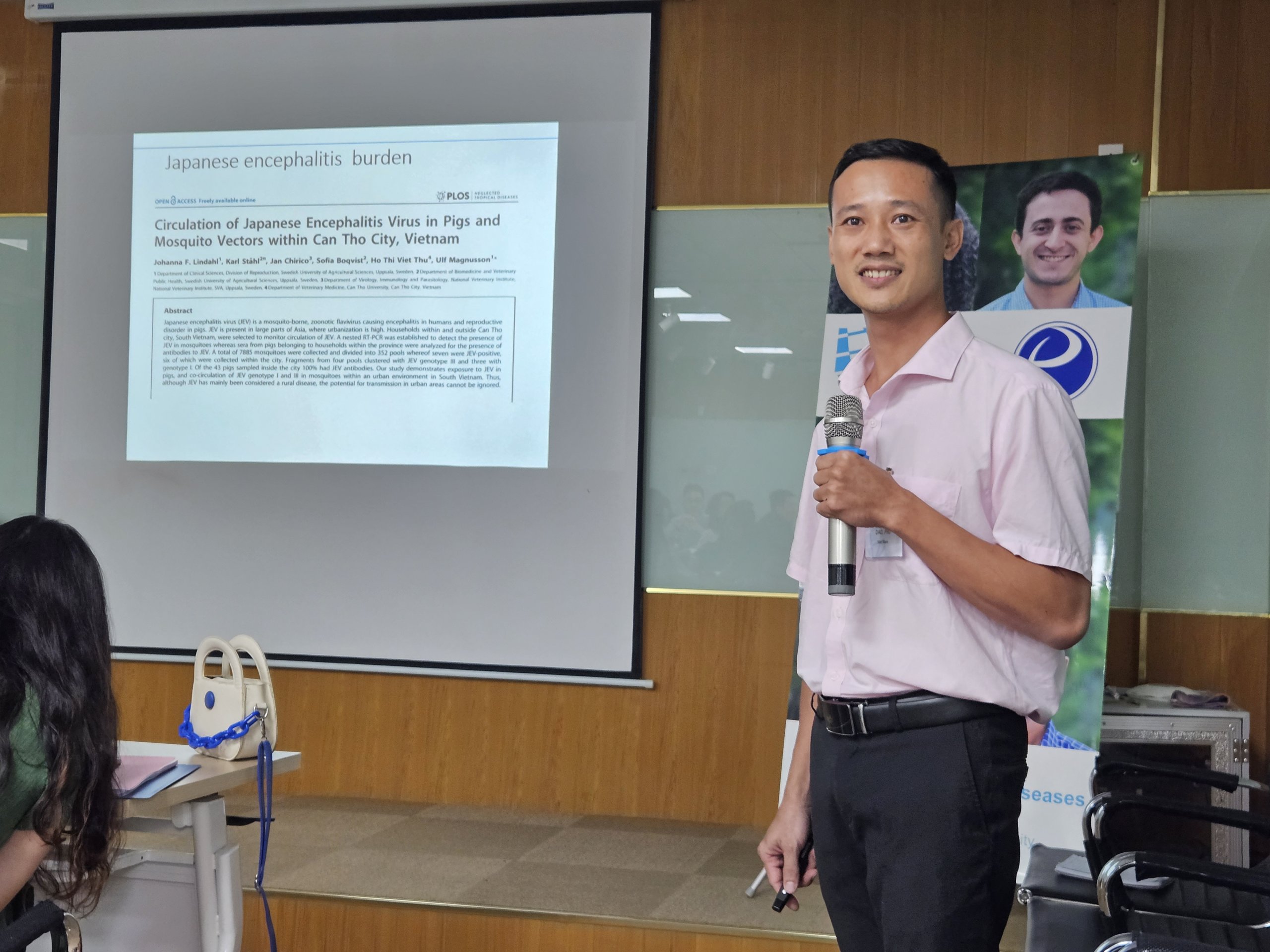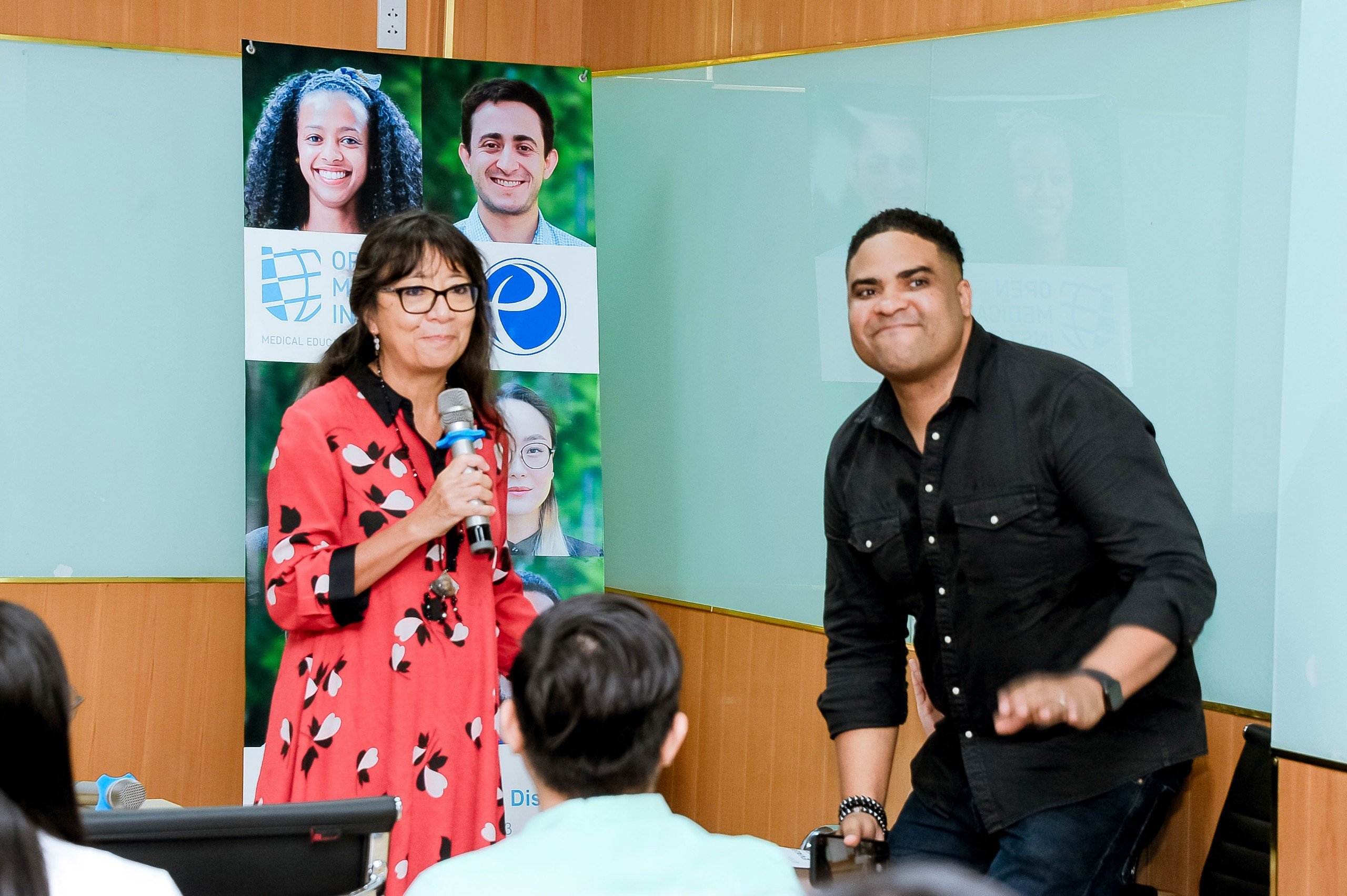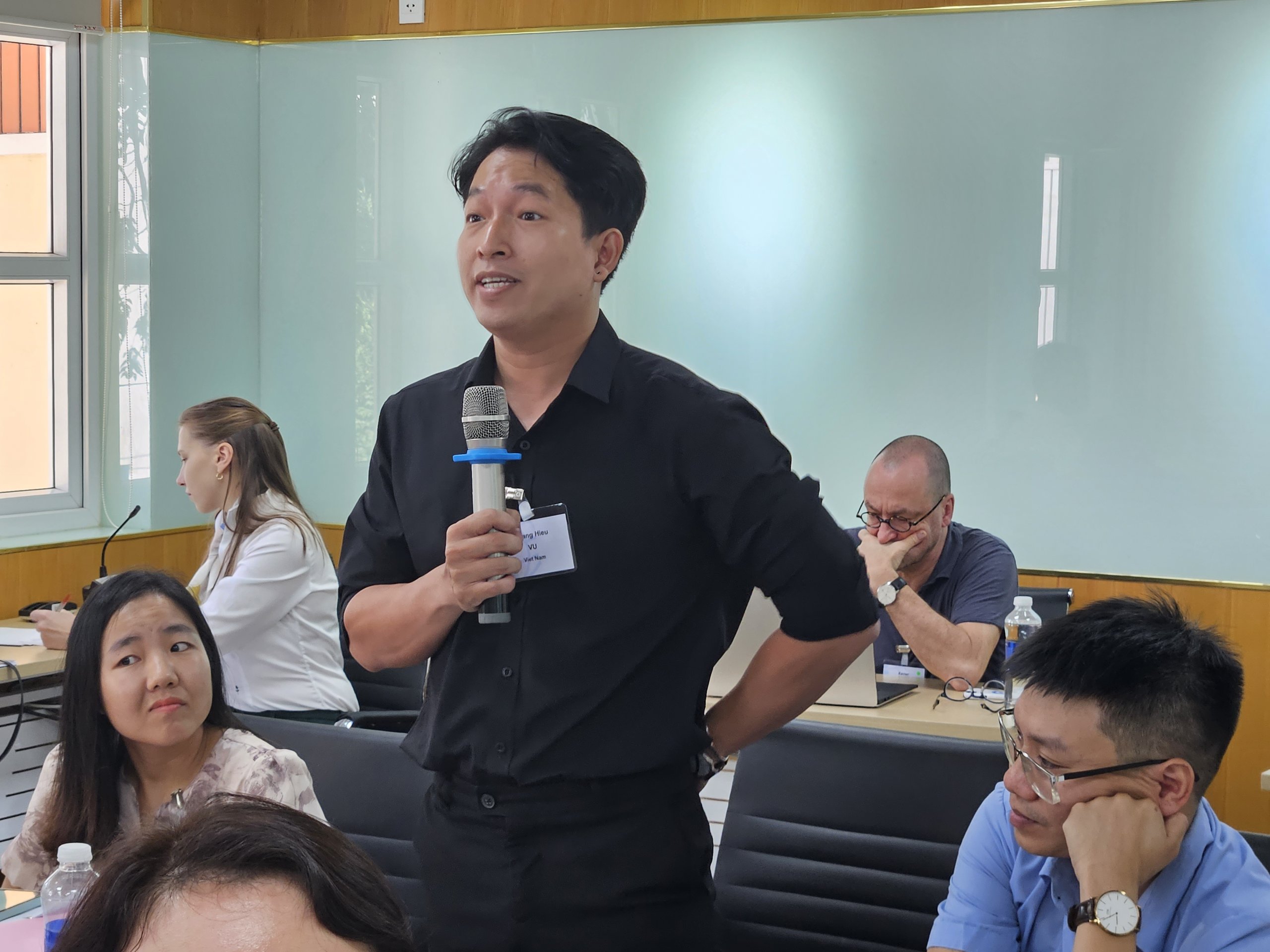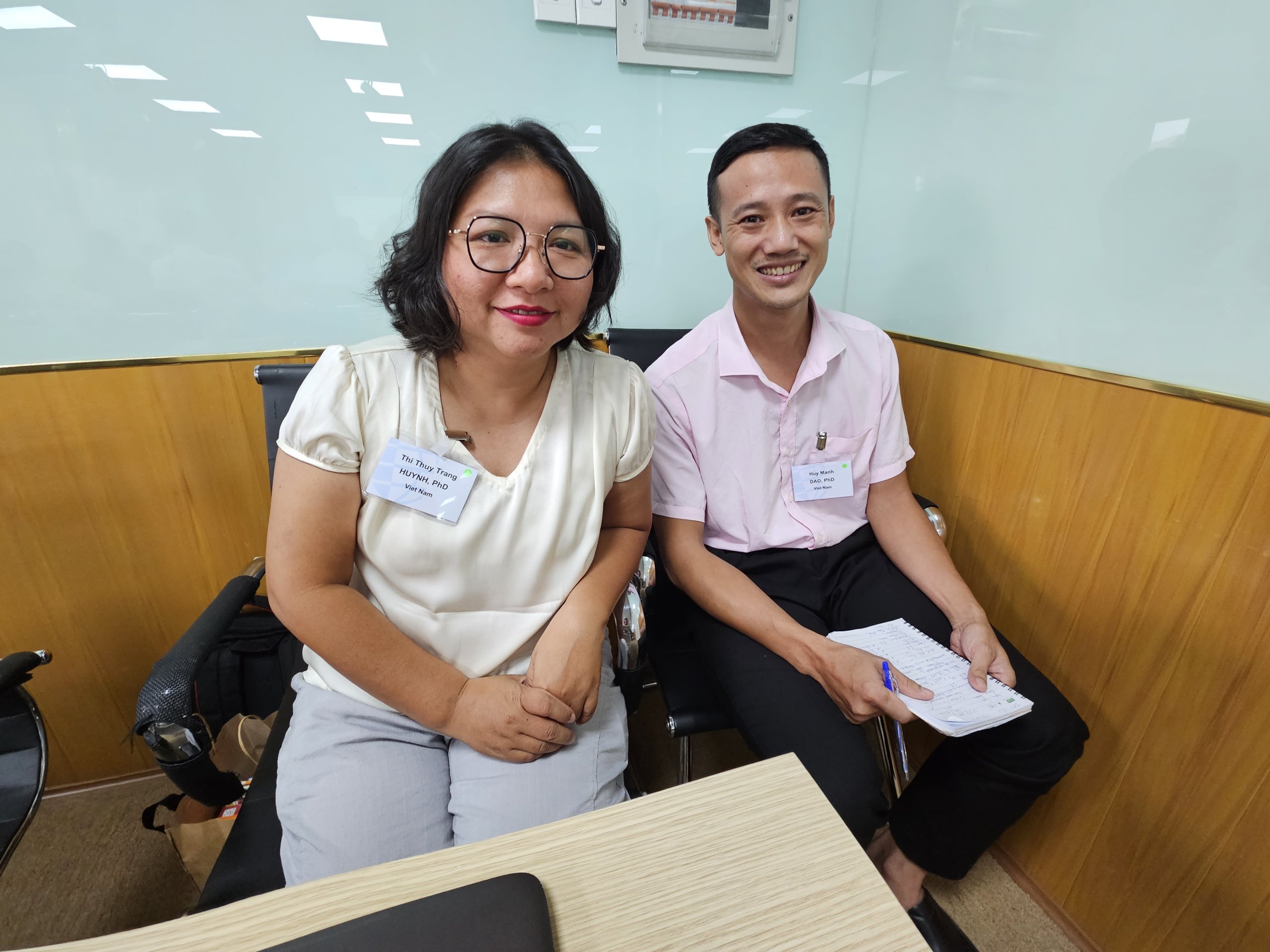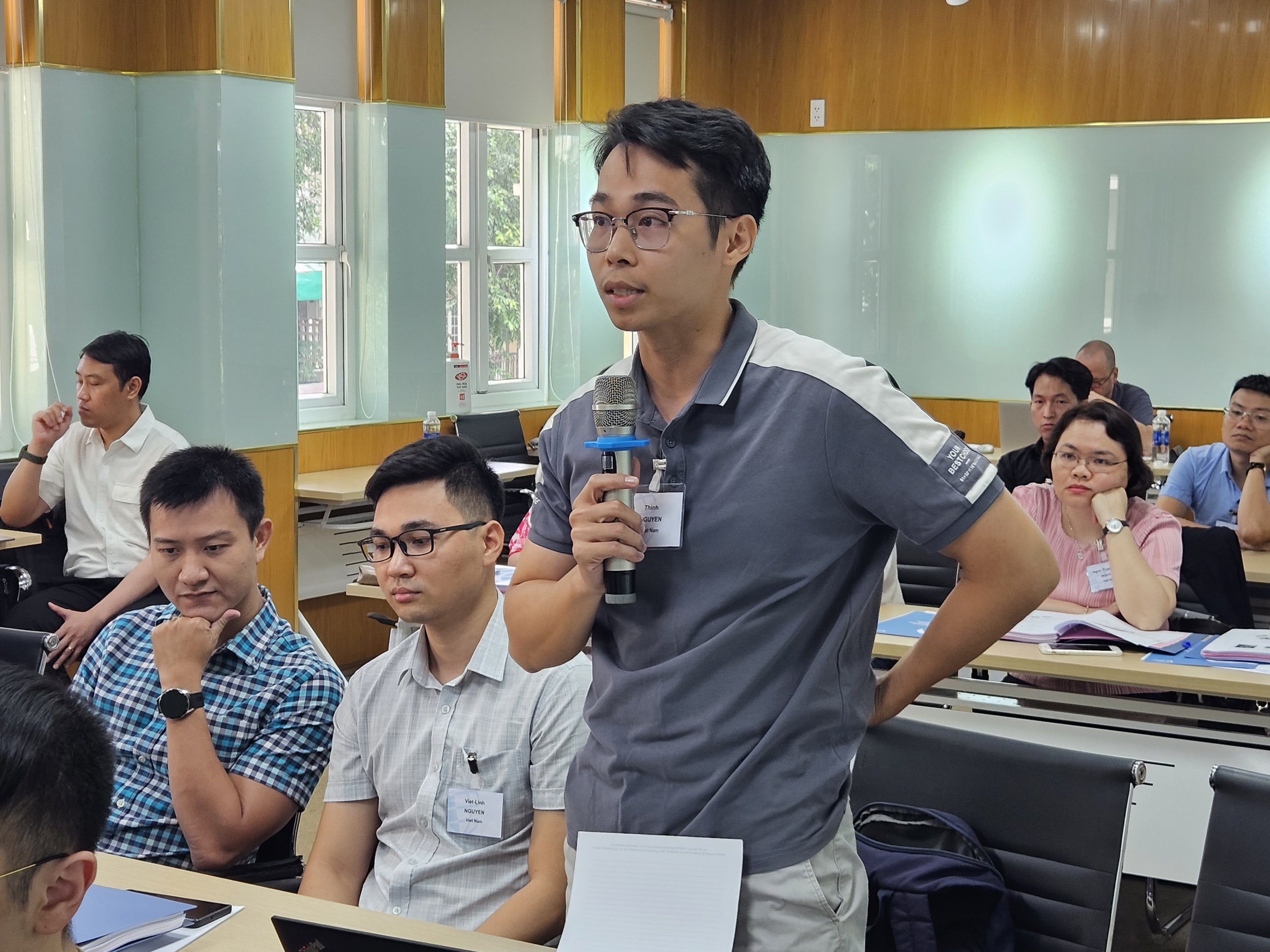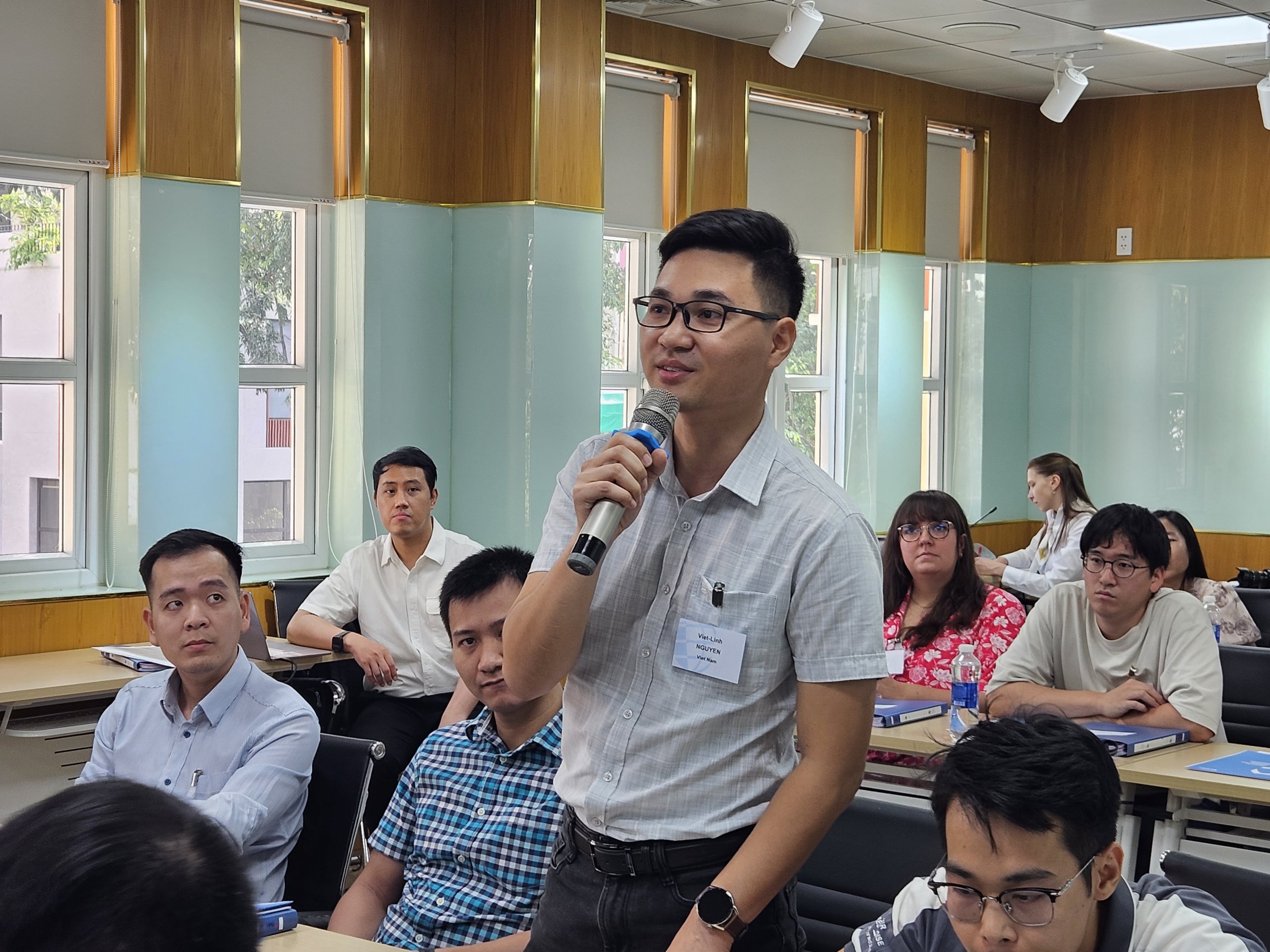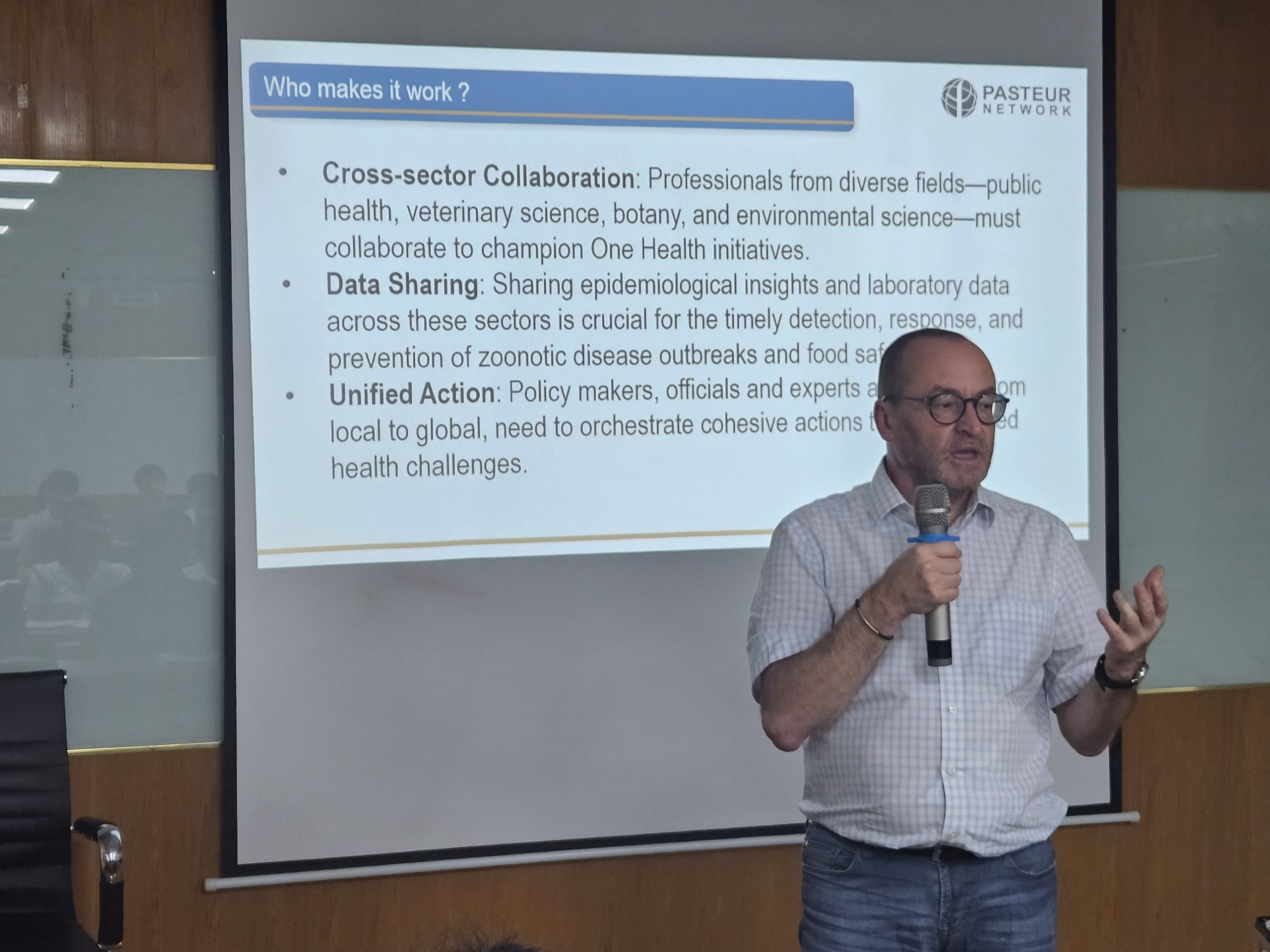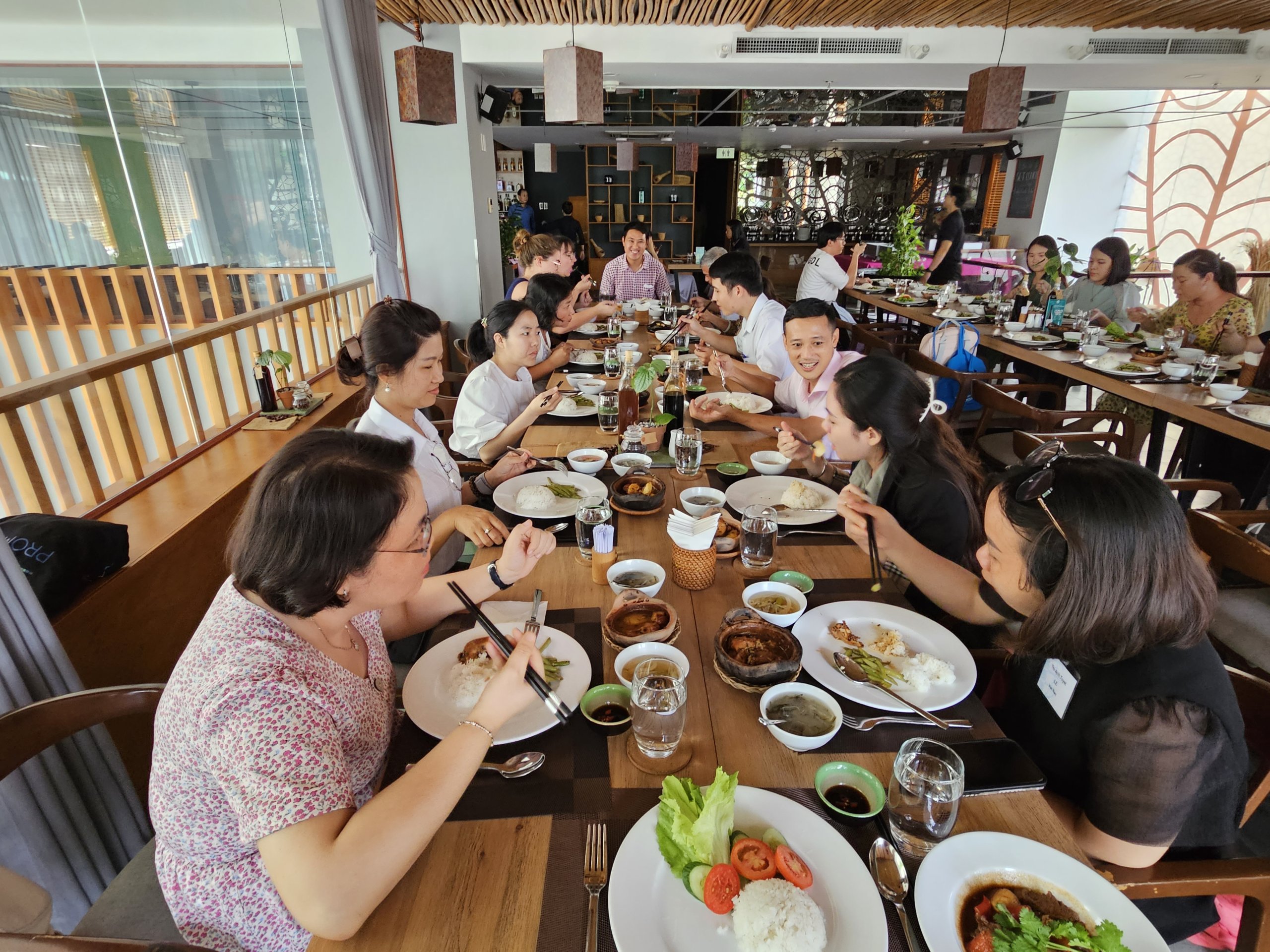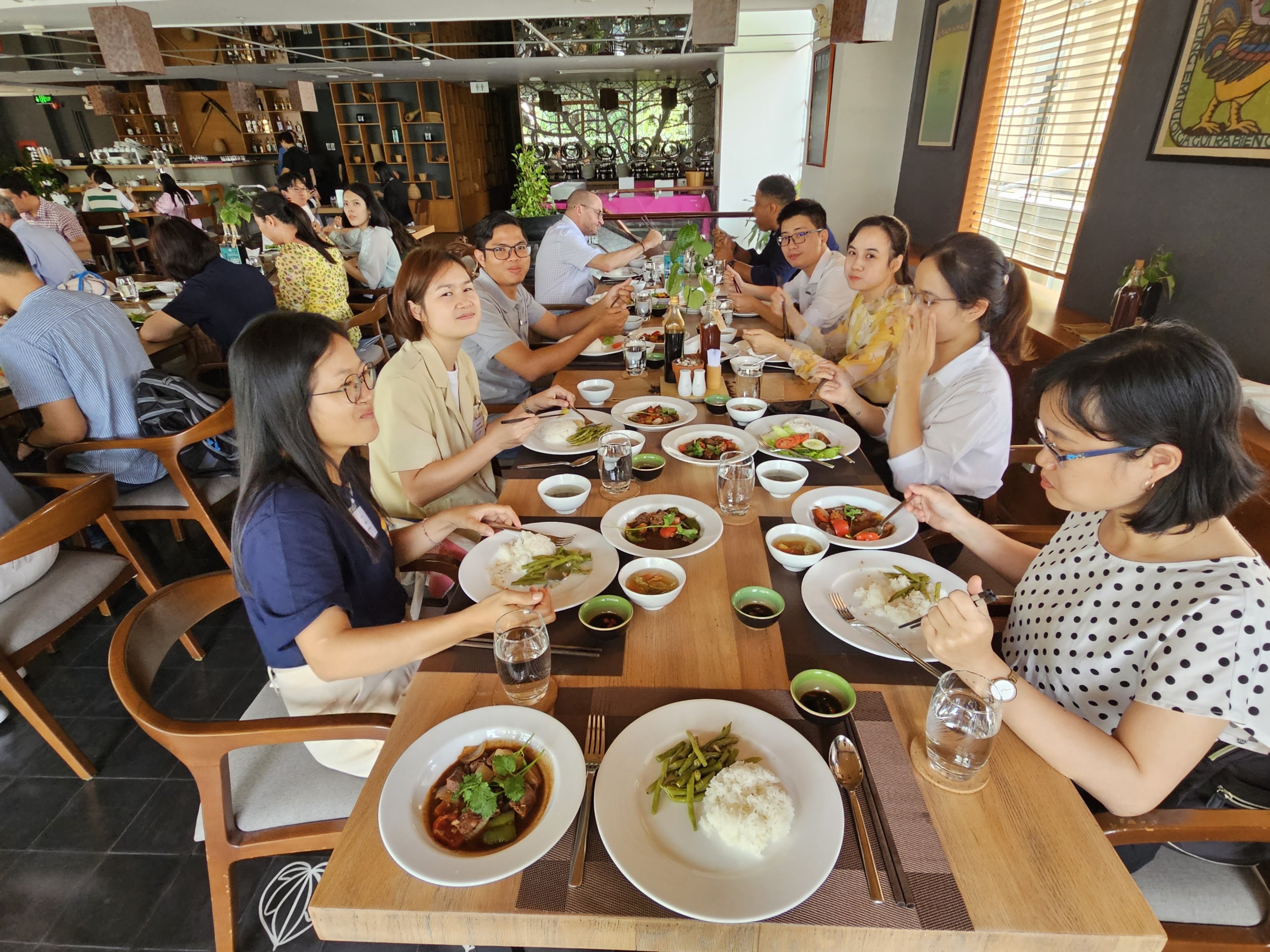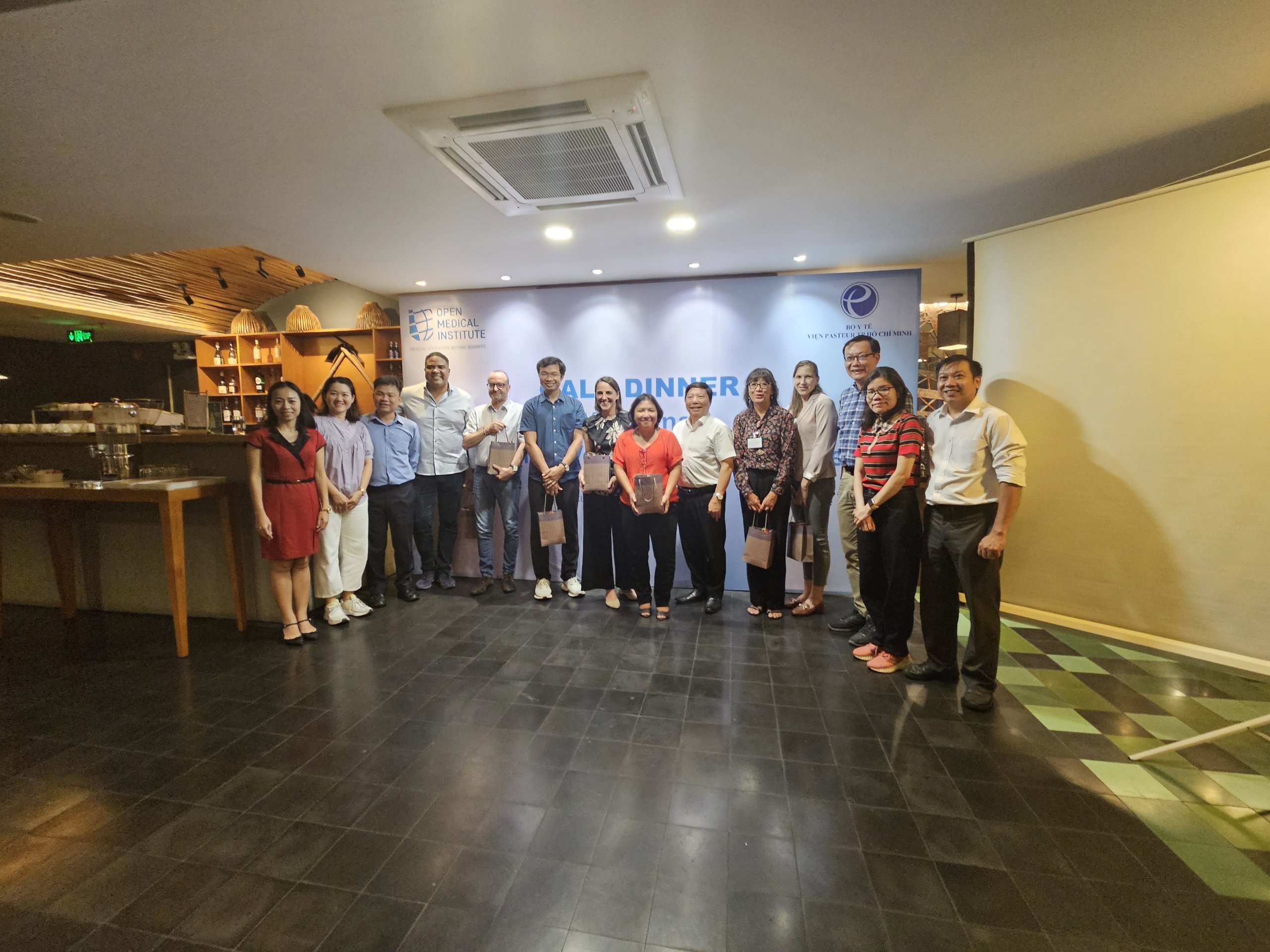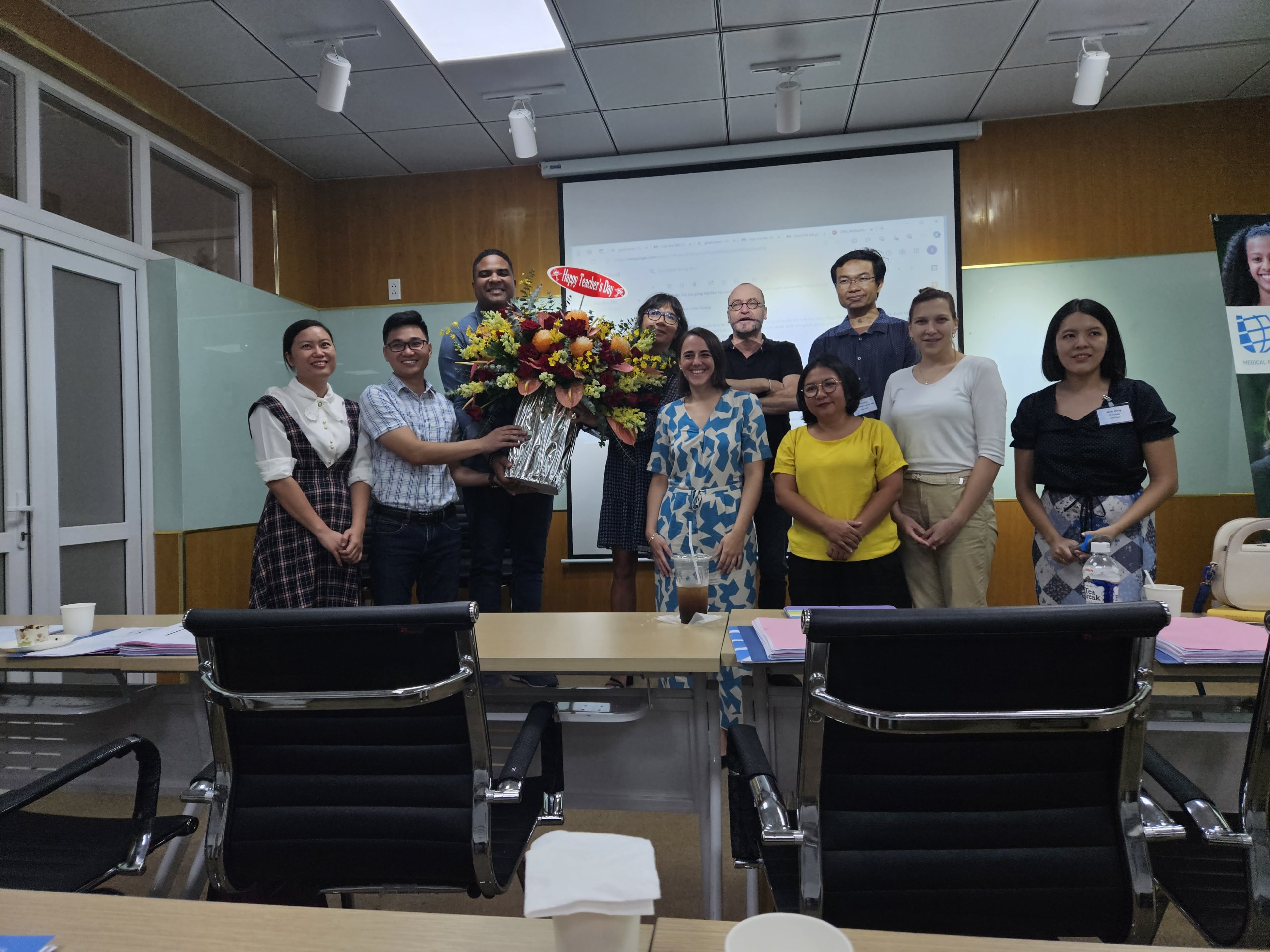This week, the Open Medical Institute had the great pleasure to be back in Vietnam for its third local seminar exploring the rise of vector-borne diseases in Southeast Asia.
The seminar, which took place from November 12 to 16, 2023, at the Institut Pasteur in Ho Chi Minh City, revolved around the topic of vector-borne diseases. Vector-borne diseases are illnesses transmitted to humans and animals by blood-feeding organisms, such as mosquitoes, ticks, and fleas. These organisms, that cause and spread the sicknesses, are also referred to as vectors. Some examples of vector-borne diseases are dengue fever, yellow fever, malaria, and Japanese encephalitis. Vector-borne diseases cause more than 700,000 deaths per year. The illnesses are generally more common in countries with warmer temperatures, such as in Asia or Africa, but, due to factors including population growth, urbanization, globalization and climate change, the diseases are spreading more widely around the globe. Undoubtedly, a multidisciplinary approach is needed to tackle this global challenge.
The partnership between the Open Medical Institute in Salzburg and the Institut Pasteur in Paris is what lies at the heart of this special knowledge exchange program. The two institutions have been working together to improve global health since 2017. Alongside course director Dr. Anna-Bella Failloux, seven other experts made up the faculty for the seminar. The professionals came from five different countries, including the host country of Vietnam. Dr. Failloux and Dr. Xavier de Lamballerie travelled from France, Dr. Claude Flamand came from Cambodia, and Dr. Khamsing Vongphayloth joined from Laos. The local faculty members from Vietnam were Dr. Dao Huy Mahn, Dr. Huynh Thi Thuy Trang, Dr. Luong Chan Quang, and last but not least, Dr. Nguyen Hoan Phu. As a team, the faculty taught their expertise to the attentive fellows, answered thought-provoking questions, and chaired round table sessions.
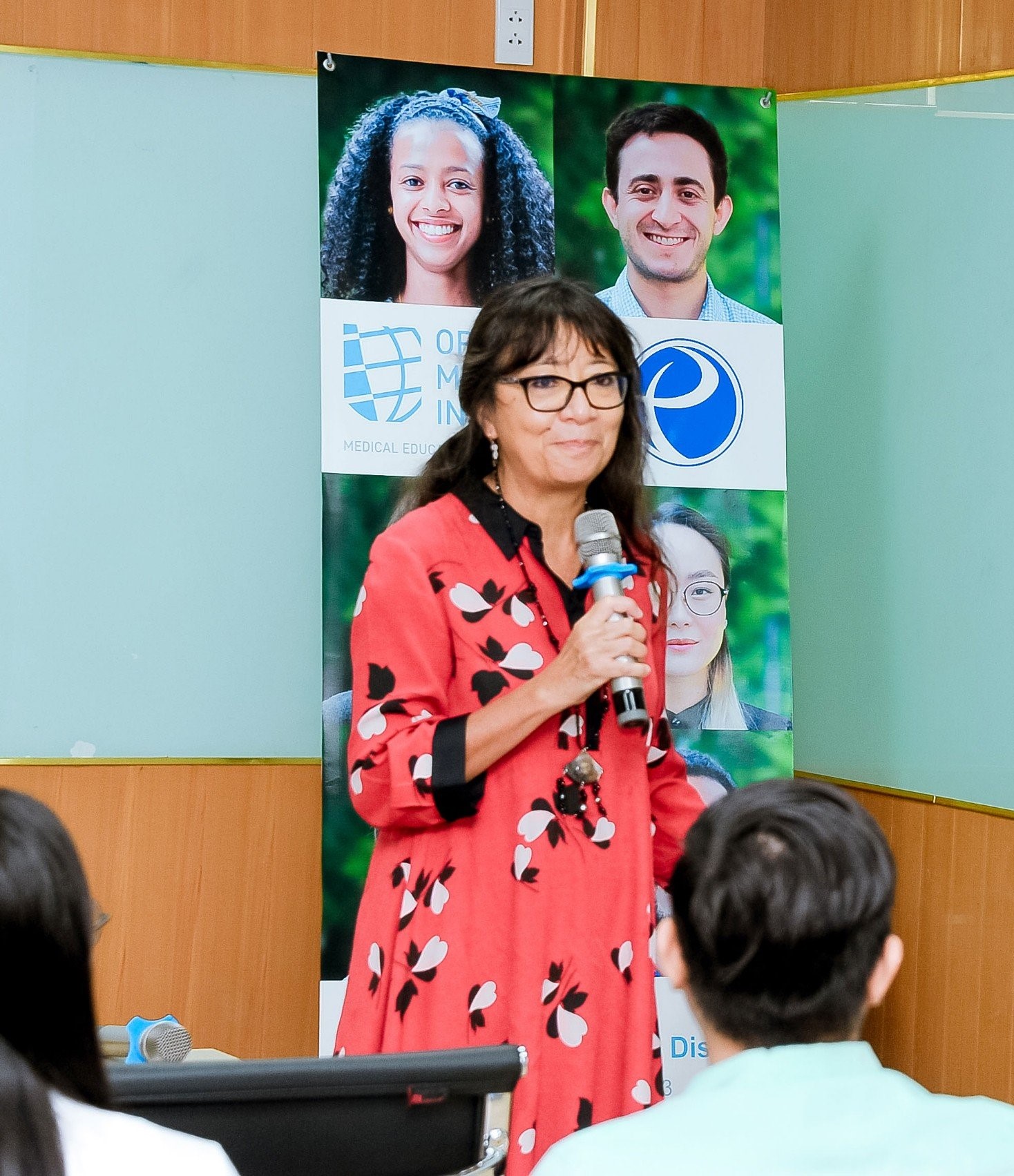
Anna-Bella Failloux, PhD
OMI Course Director
After having led the teaching efforts in both Salzburg and Mexico City, the idea was to replicate the OMI course format in Southeast Asia. By bringing in the expertise of local faculty, the seminar turned out to be extremely beneficial to the attendees drawn from Cambodia, China, France, Indonesia, Japan, Laos, South Korea, and Vietnam.
The seminar’s content was specifically adapted to fit local needs and interests. The various topics ranged from the emergences of vector-borne diseases in Asia to their transmission and prevention. Some fundamental aspects to note during this seminar were the conferences and round table sessions focusing on vaccination, vector control, and community engagement, the prediction of vector-borne disease emergences, as well as the impact of climate change and human activities on vector-borne diseases, amongst others. Through lively discussions, some ground-breaking answers to questions were found, puzzling subjects were clarified, and, most importantly, horizons were broadened.
There were a total of 30 fellows from eight different countries attending the course. Nine of them had been nominated by the Pasteur Network: China (Hongkong), Cambodia, France, Indonesia, Japan, Laos, and South Korea. The remaining 21 fellows stemmed from the Vietnamese cities of Da Nang, Ho Chi Minh City, Hai Phong, Nha Trang, Hanoi, and Hue. Despite their various professional backgrounds, the fellows all radiated the same excitement and anticipation at being part of the seminar.
I admire the OMI for bringing high-quality courses to Vietnam. As a junior professional, I am always eager to expand my scientific and medical network, and this seminar was a valuable opportunity to meet and engage in discussions with top experts from the region and abroad. I genuinely hope that the OMI seminars will expand to more hospitals and research institutes in Southeast Asia.
It’s my first time to attend an international seminar, so I was bit nervous. However, the various topics turned out to be incredibly interesting, which allowed me to gain great knowledge. The experiences and the passion of the faculty and fellows during the event were unforgettable; it feels like a turning point in my career.
One of my favorite parts of the seminar were the round table sessions. This interactive format was completely new to me. We could freely ask questions and share our thoughts, which I have never experienced before.
As I am doing research on tick-borne viral infections in Japan, I was particularly interested in the lectures of Khamsing Vongphayloth. They were truly remarkable. The finding that the spermatophores transferred to female genital operculum by males’ chelicerae was eye-opening. I had seen this phenomenon before but did not know what it was for.
Anna-Bella Failloux talked about vector-borne diseases and the threat of arboviral diseases in Asia. The lectures were truly impressive and insightful. She provided valuable information that allowed us to clearly understand the topics, and we could ask her questions anytime.
Xavier de Lamballerie gave us an update on vaccine development against VBD, using dengue as an example. He has profound knowledge about various aspects of arbovirology and his presentation was filled with interesting interpretations and humorous examples, greatly facilitating my understanding about the development and validation of the dengue vaccine.
I was inspired by Nguyen Hoan Phu’s talk about malaria, he is a true expert in the field. He showed great passion for the control of malaria in Vietnam and surrounding areas, and put a lot of effort into the discovery and validation of effective and safe treatment of malaria cases. With the continous work of Dr. Phu and his team, the number of malaria cases in Vietnam has been controlled well, which is very encouraging and admirable.
We would like to thank our exceptional faculty members for their effort, time, and dedication, to not only the OMI vector-borne diseases seminar, but also to promoting global health worldwide. The Institut Pasteur in Ho Chi Minh City was vital to the program kick-off. Our gratitude goes out to its director Assoc. Prof. Dr. Nguyen Vu Trung and the two main facilitators Dr. Quang Duy Pham and Le Duy Hoang Chuong for their hospitality, support, and guidance in local matters.
We look forward to continuing the transfer of medical knowledge with our partners in Southeast Asia in the future!







